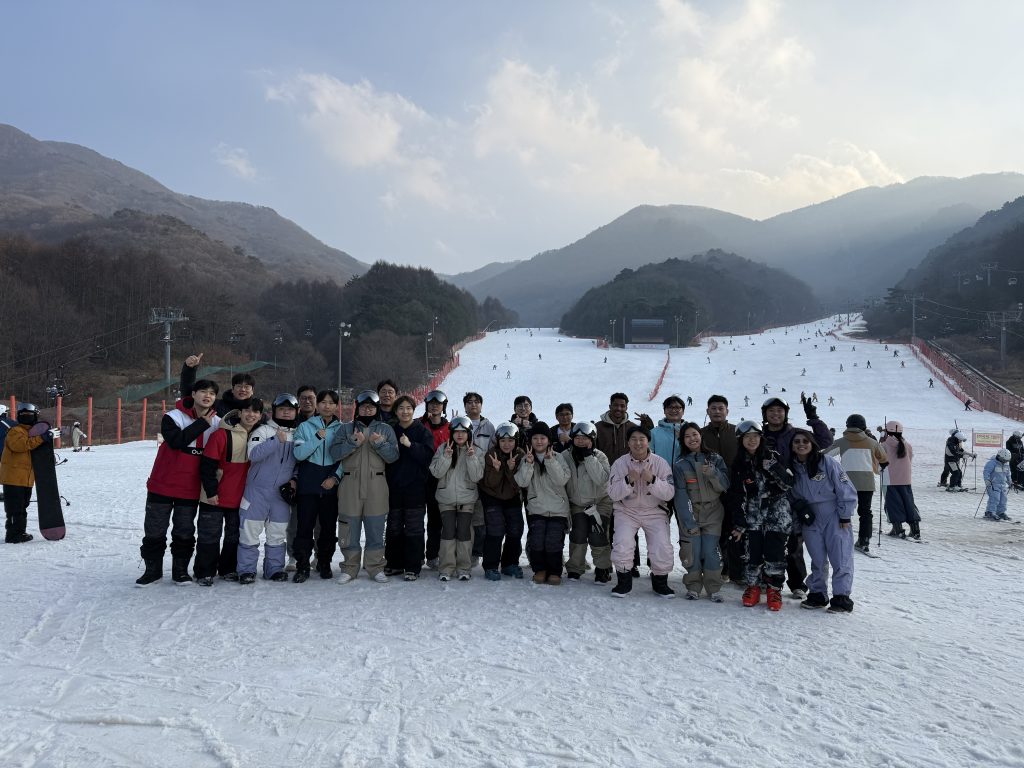
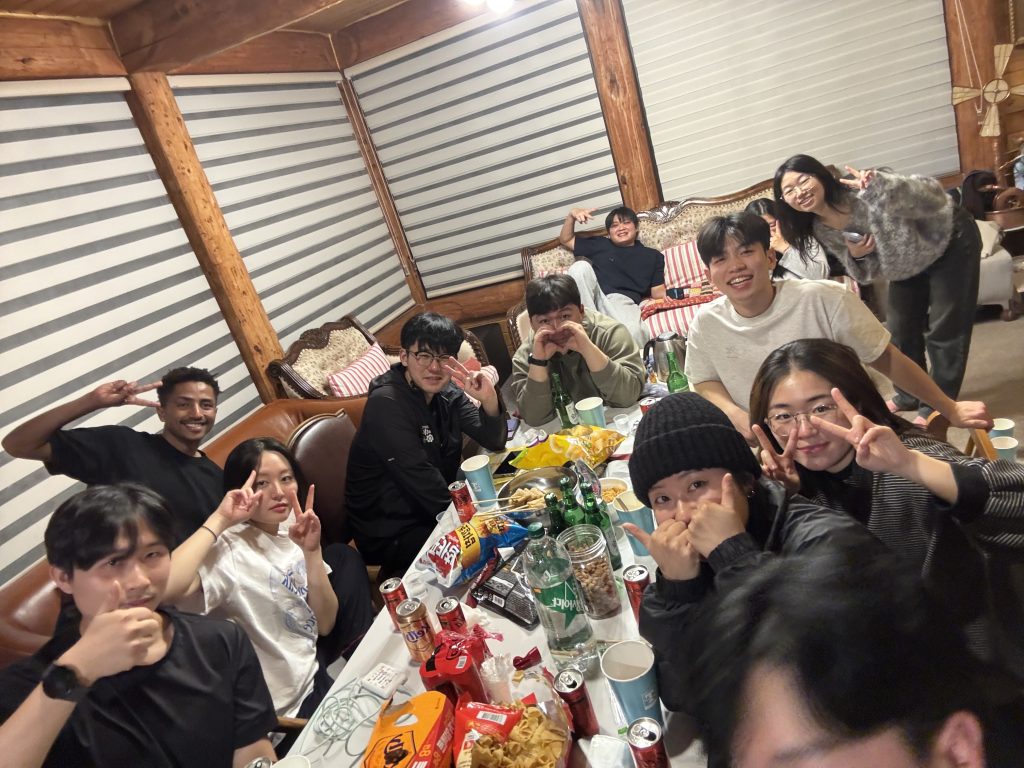
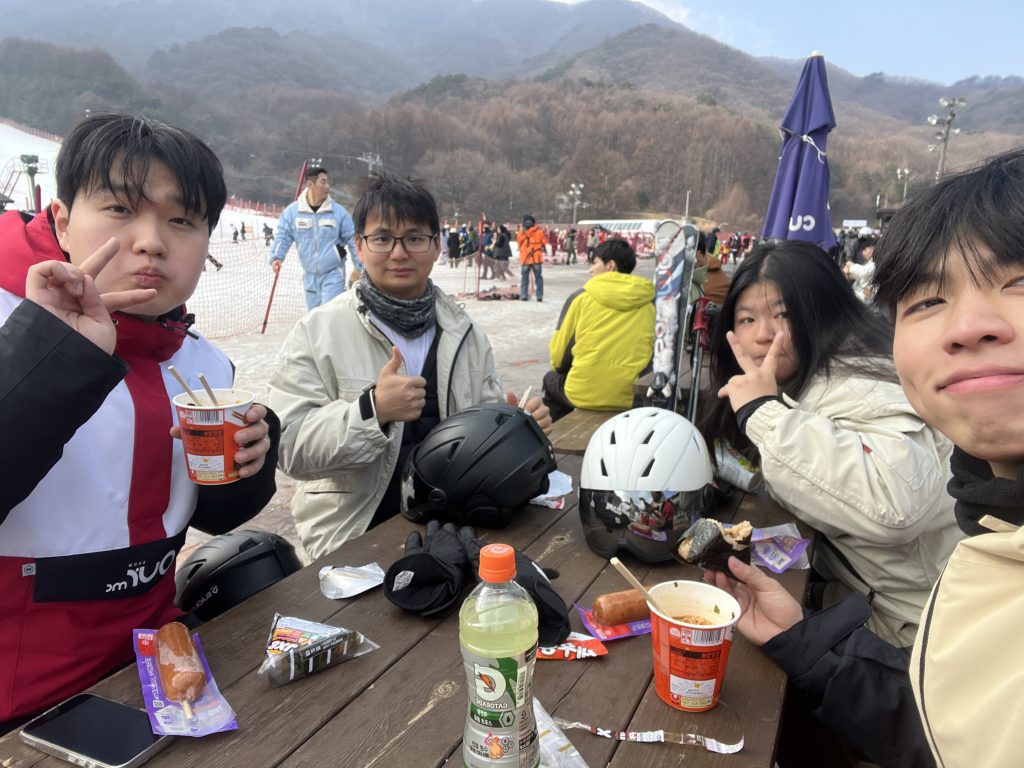
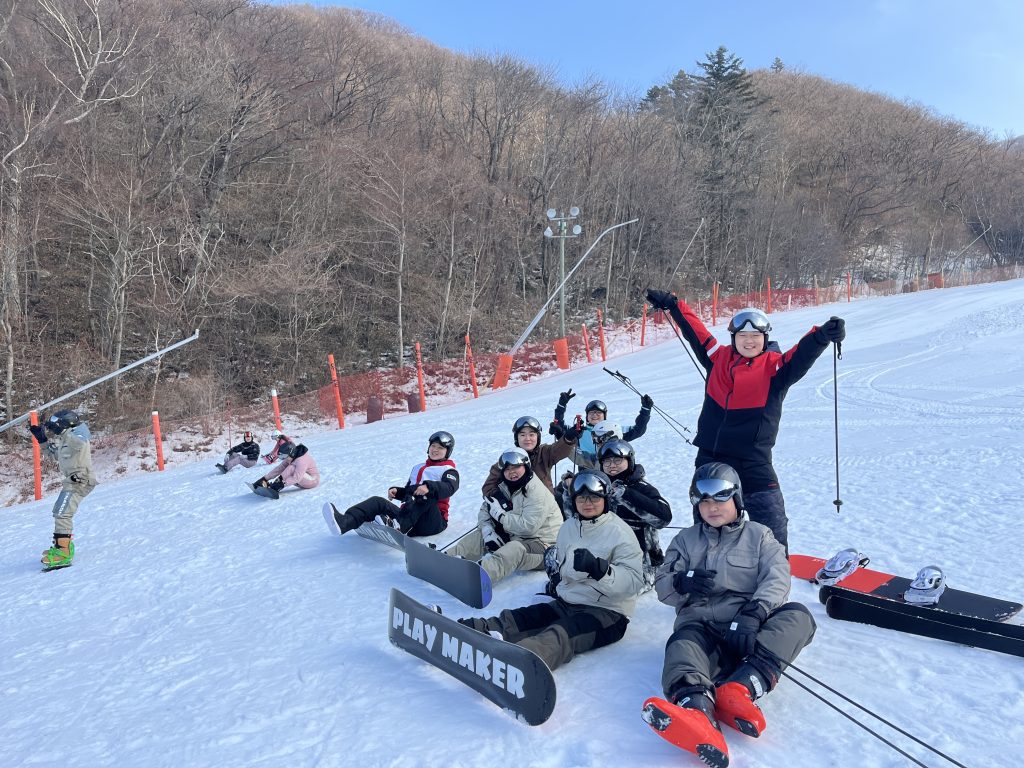
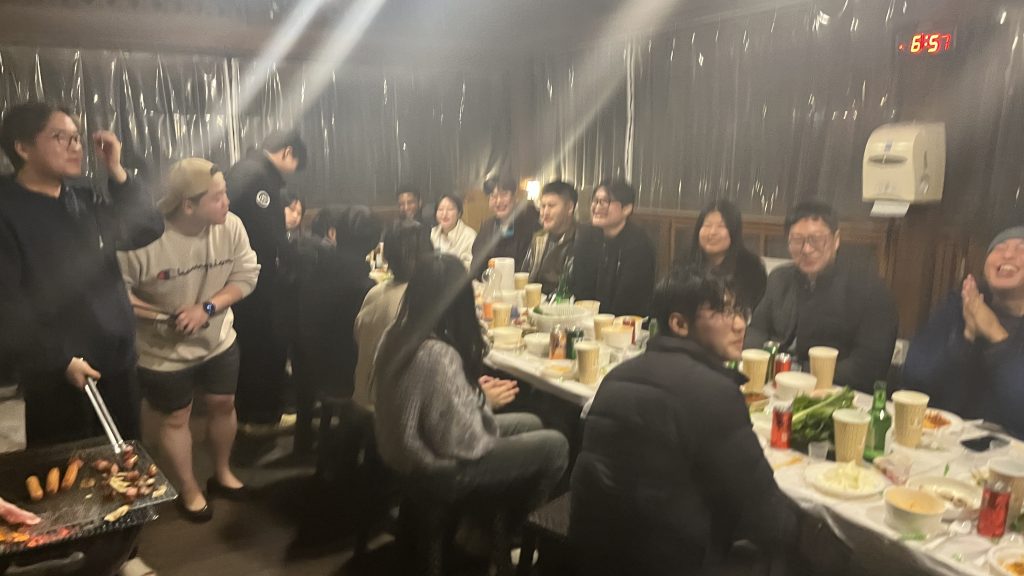
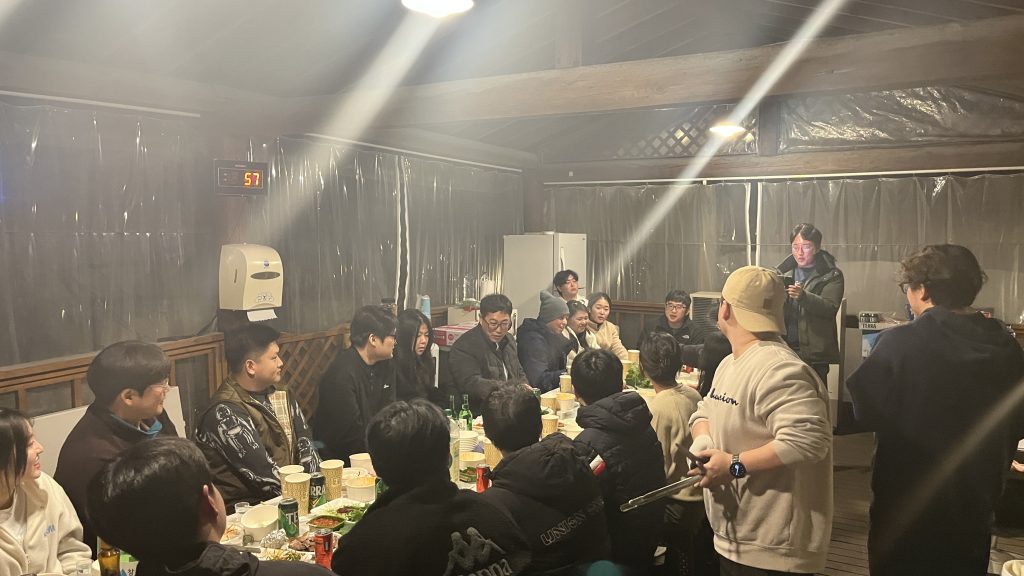
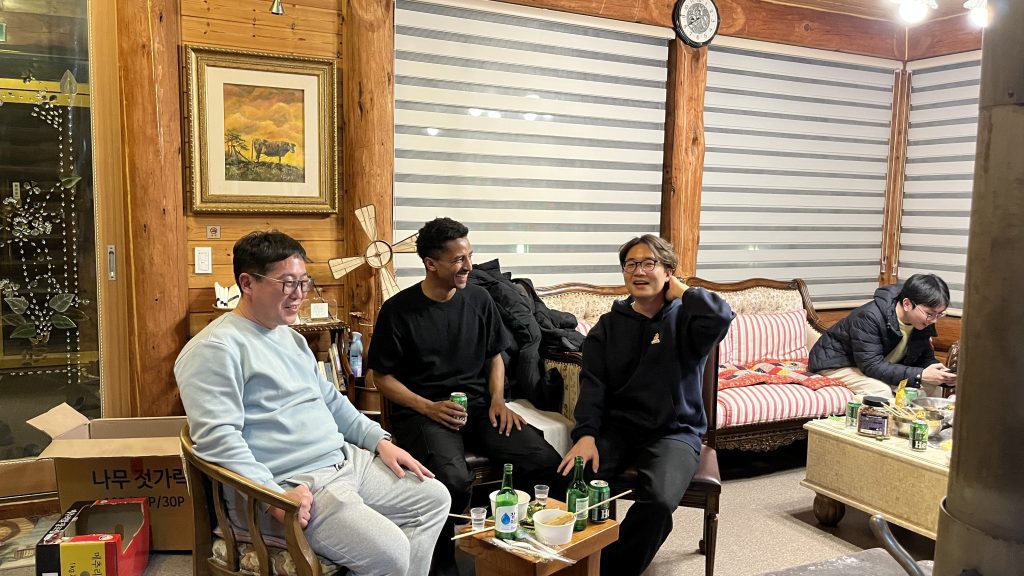
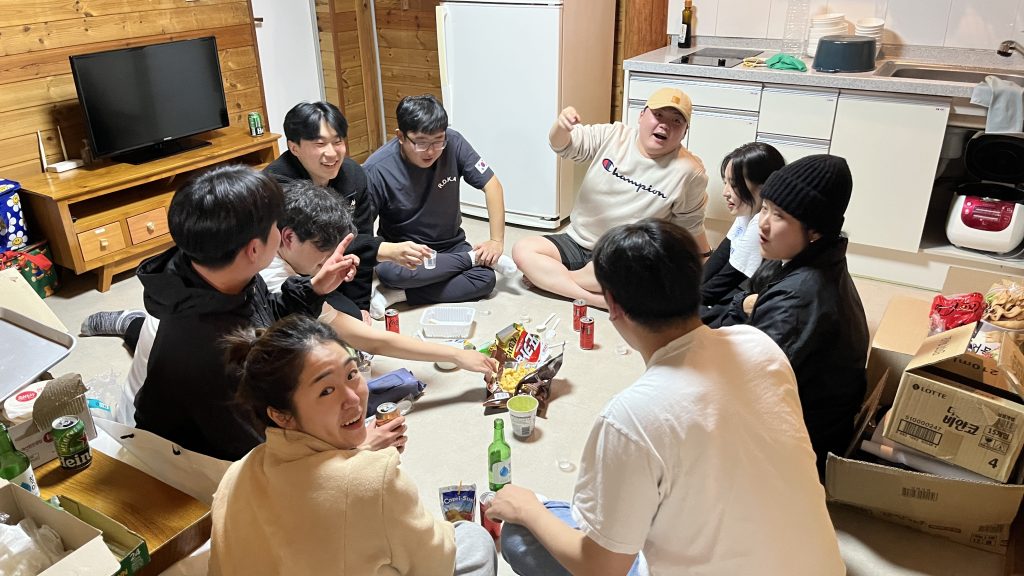
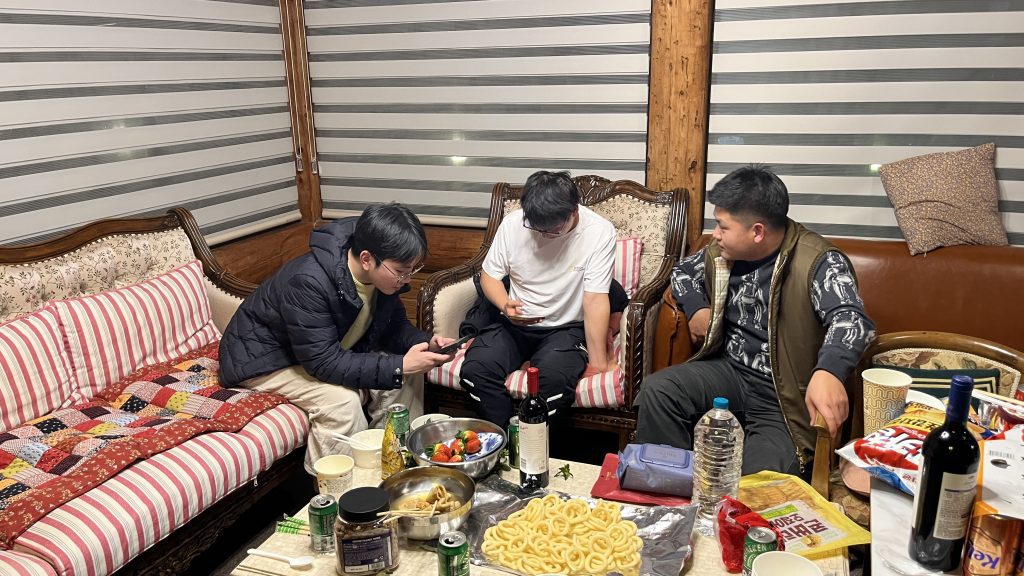
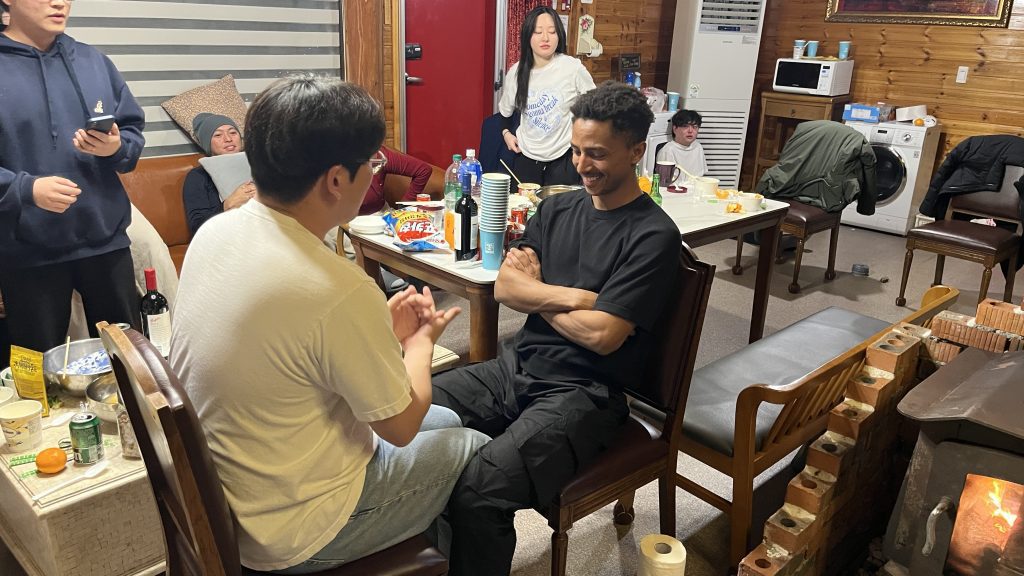
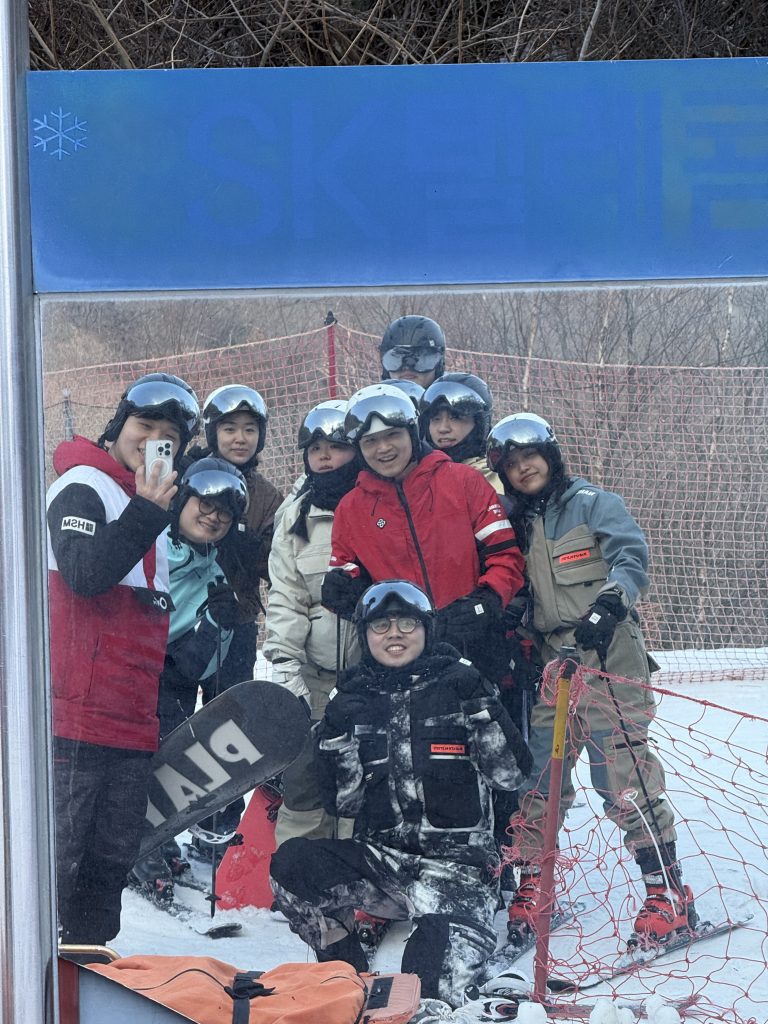
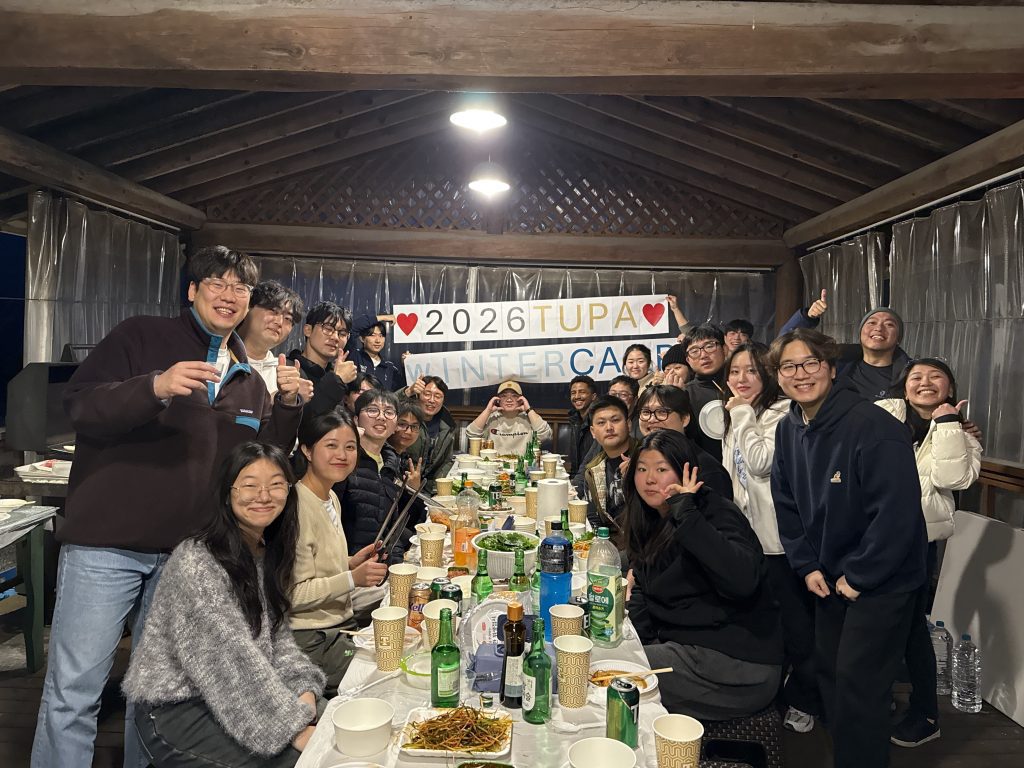
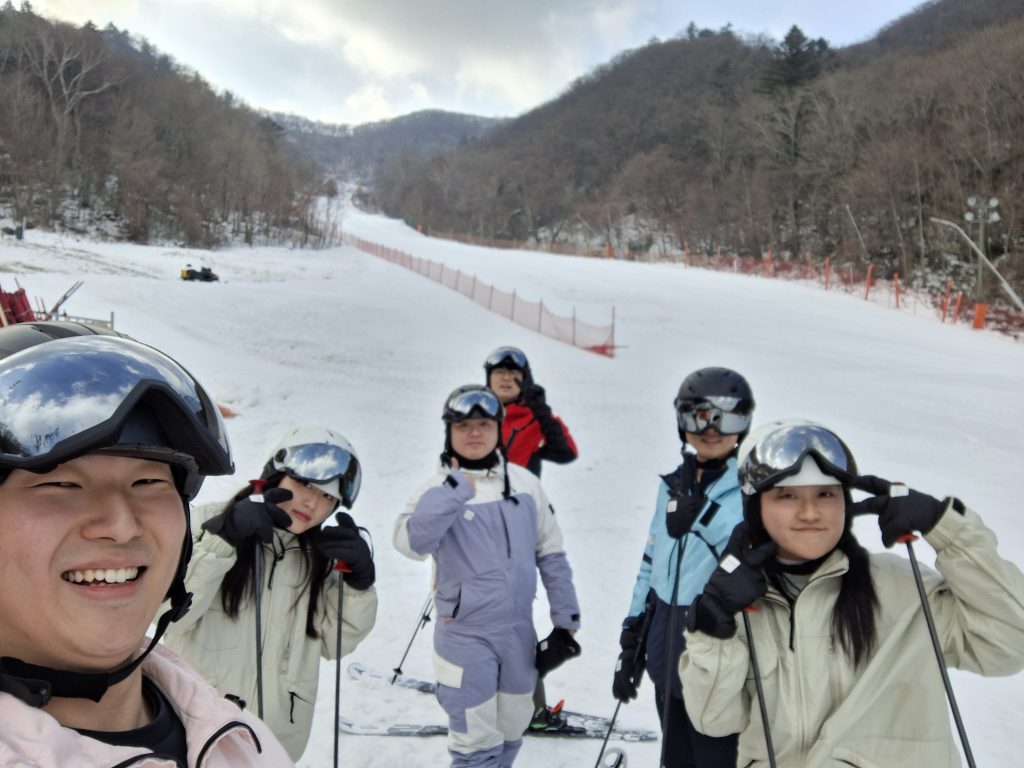
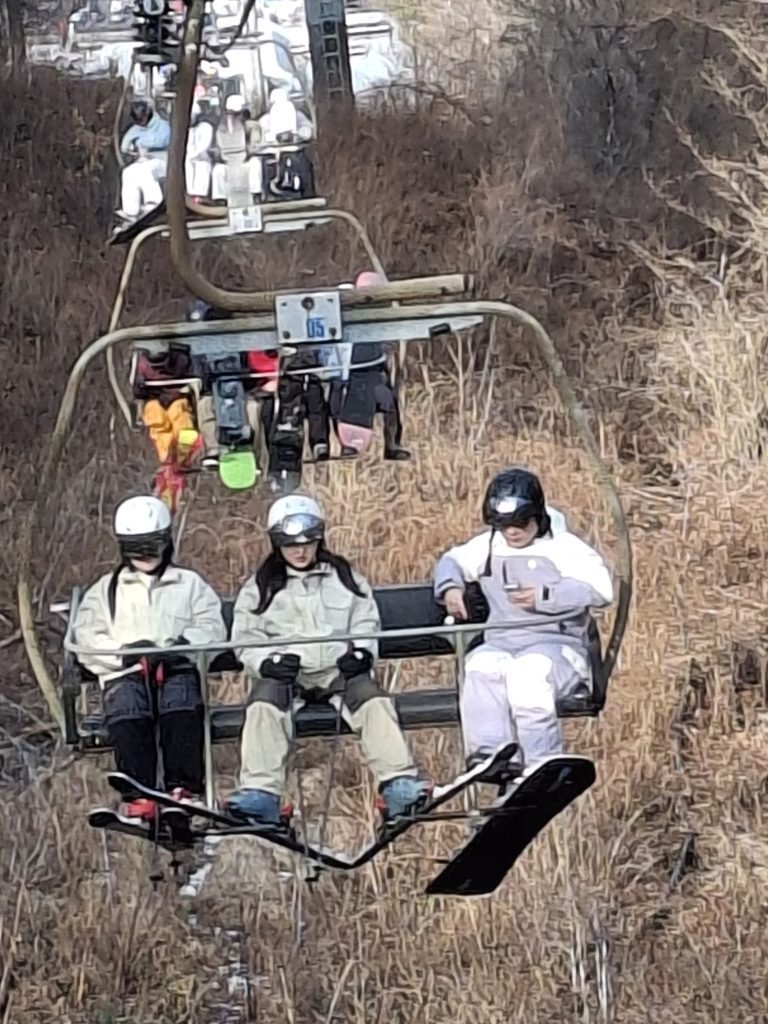
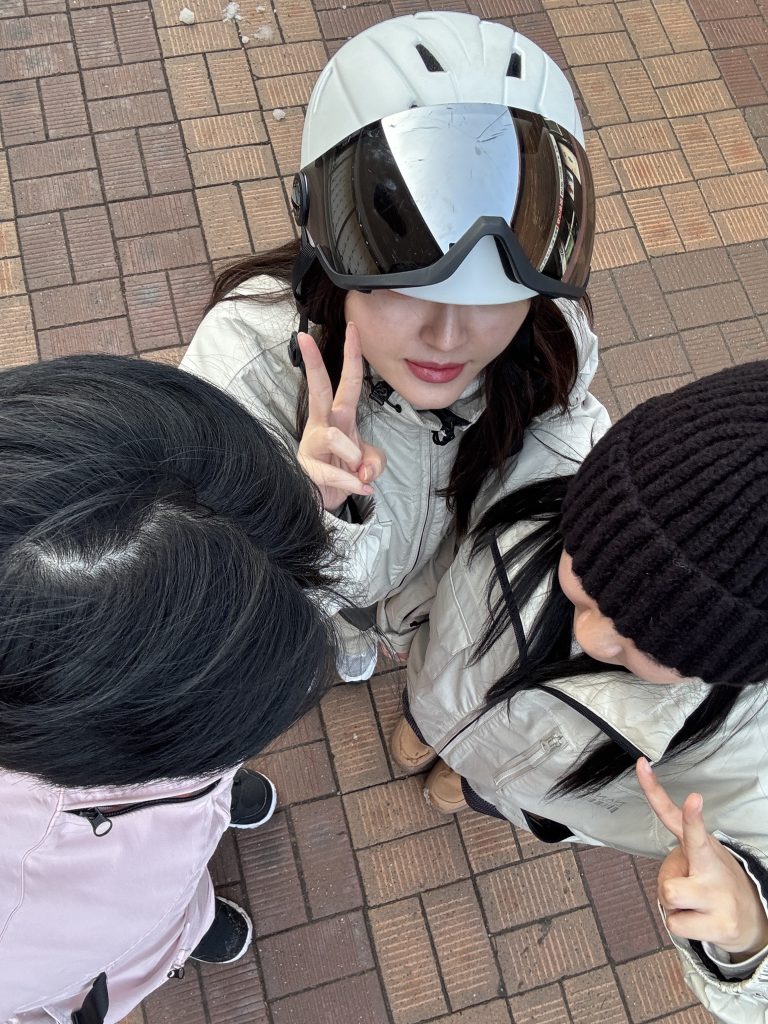
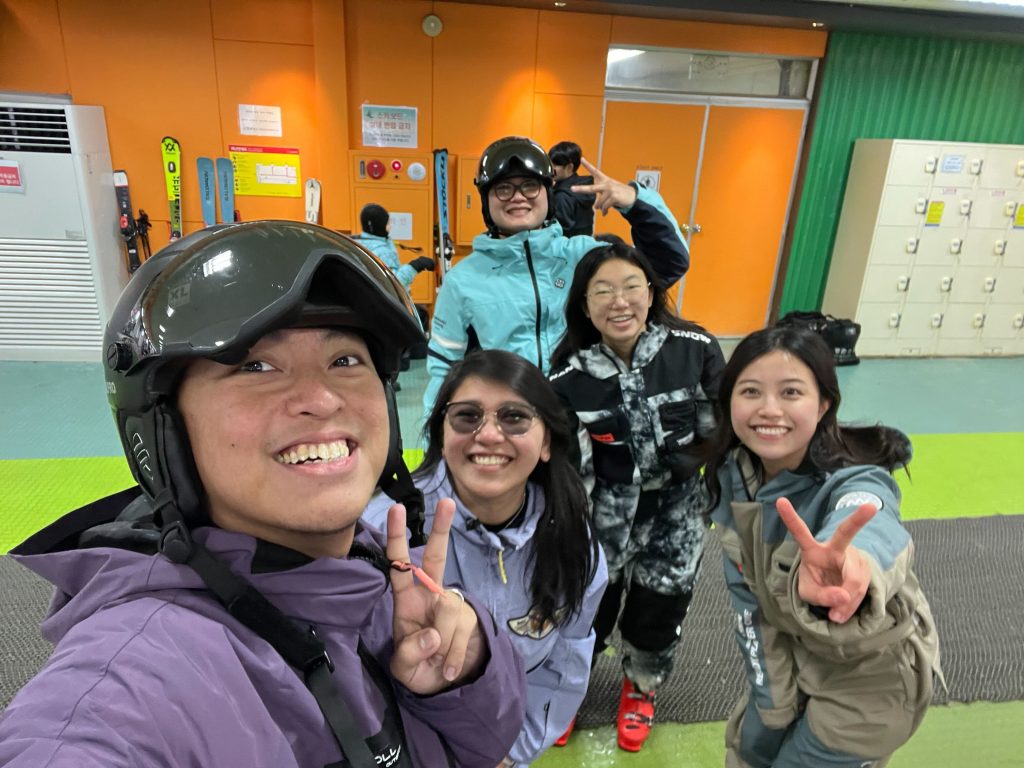
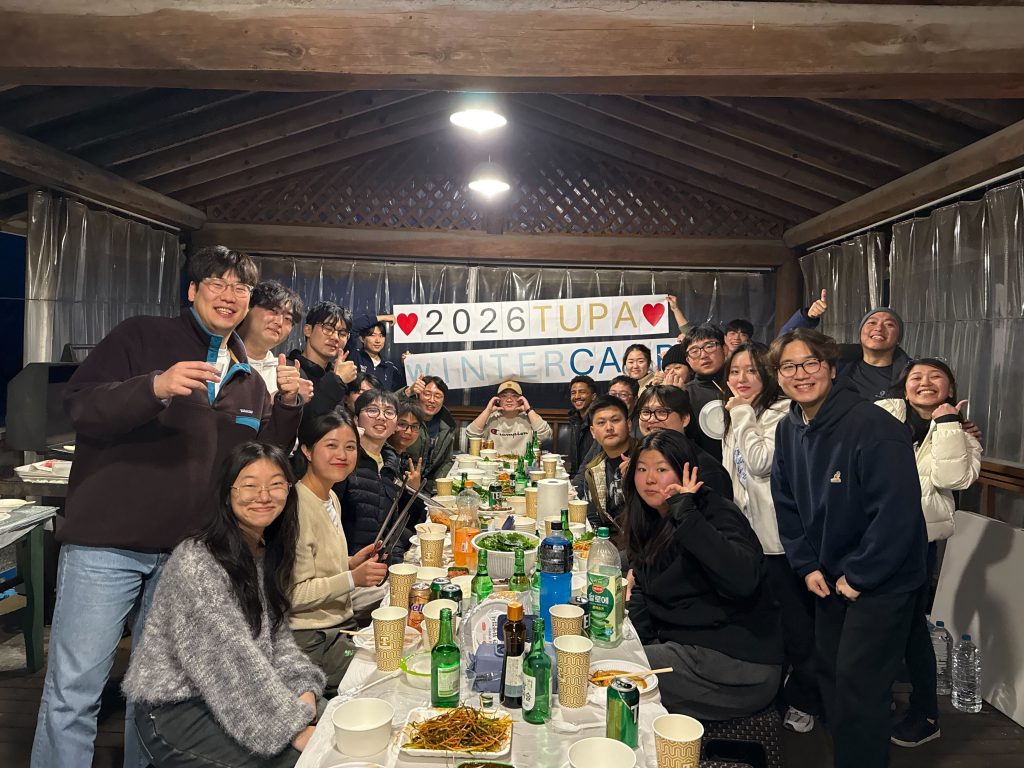
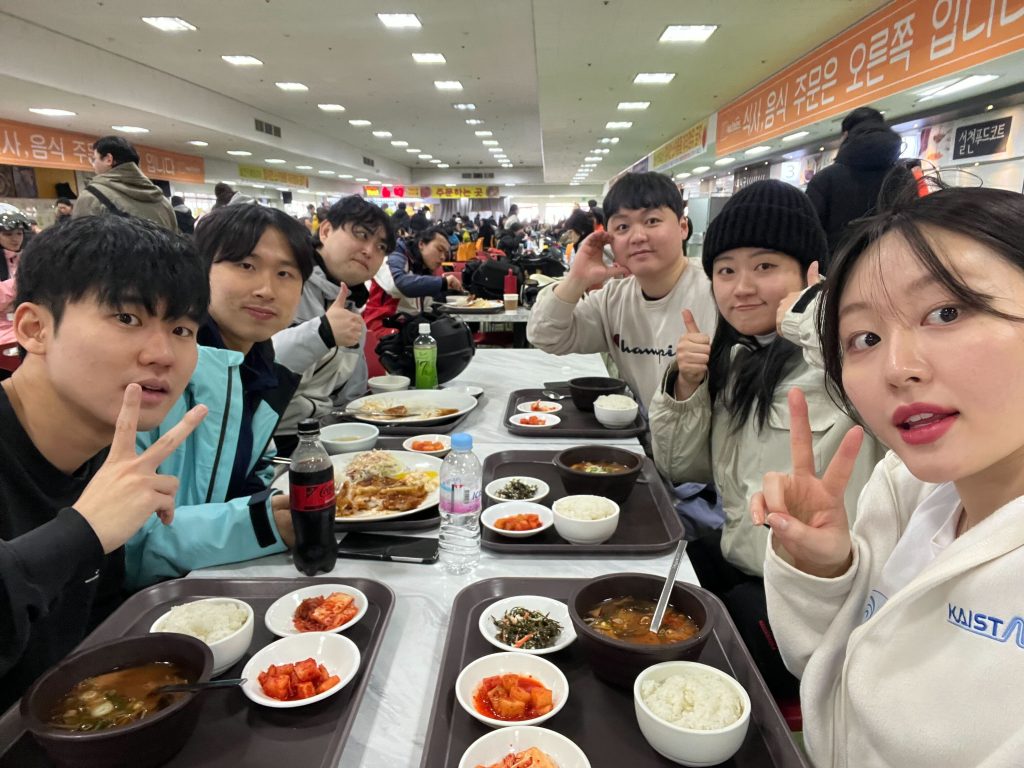
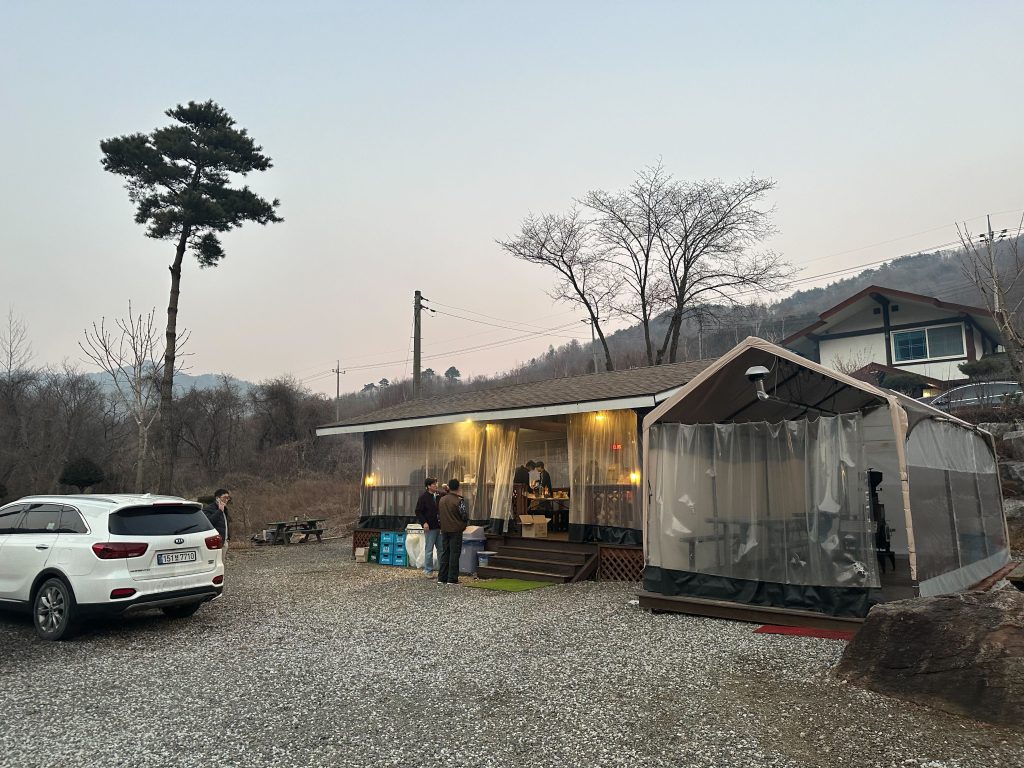
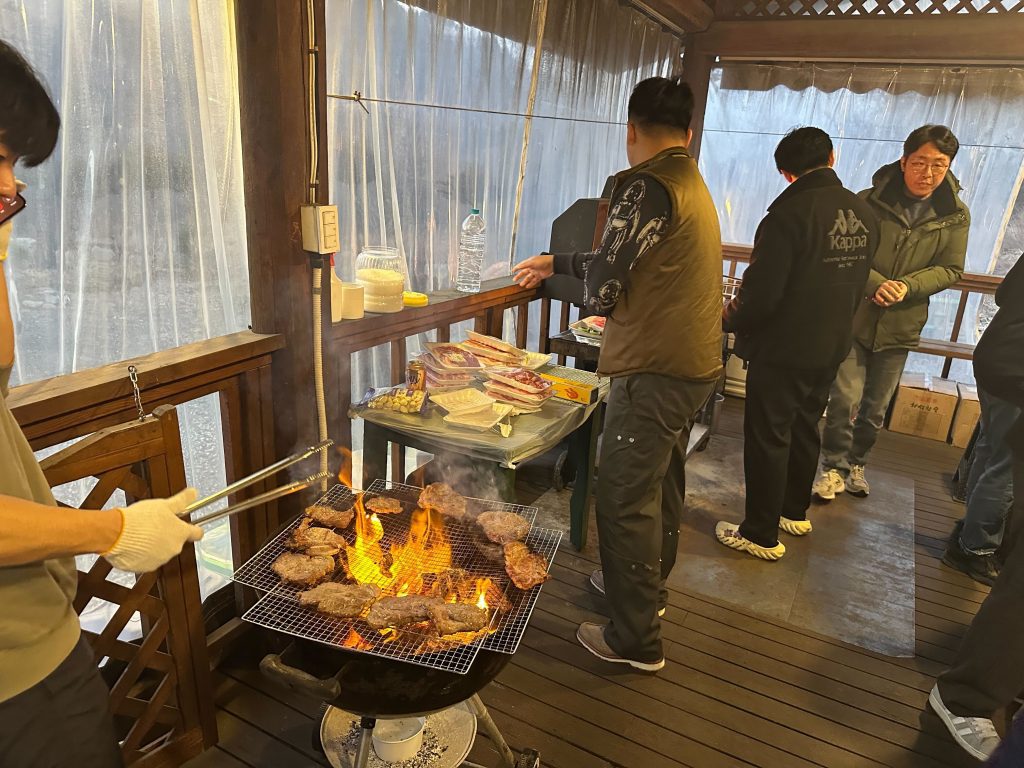
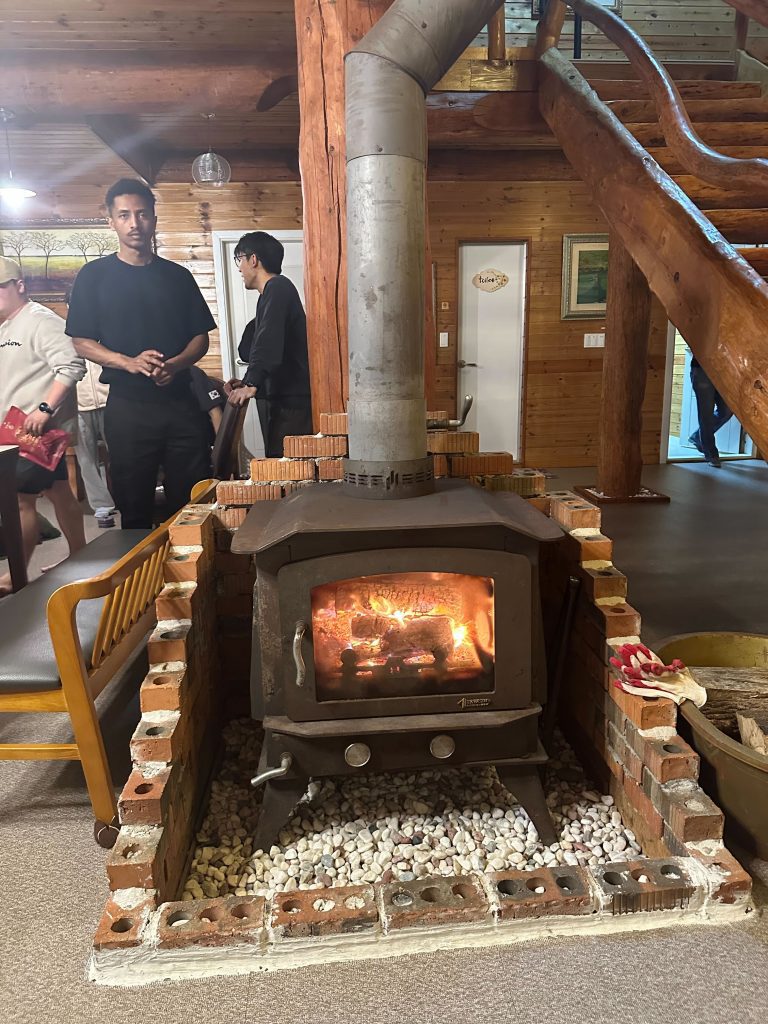
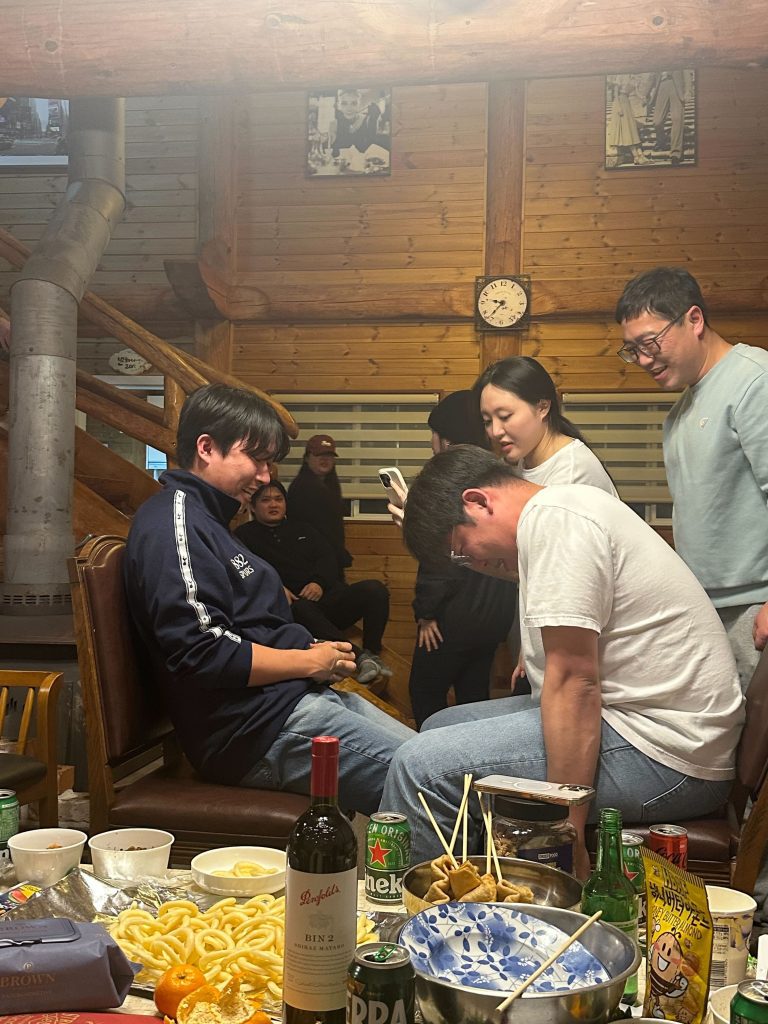
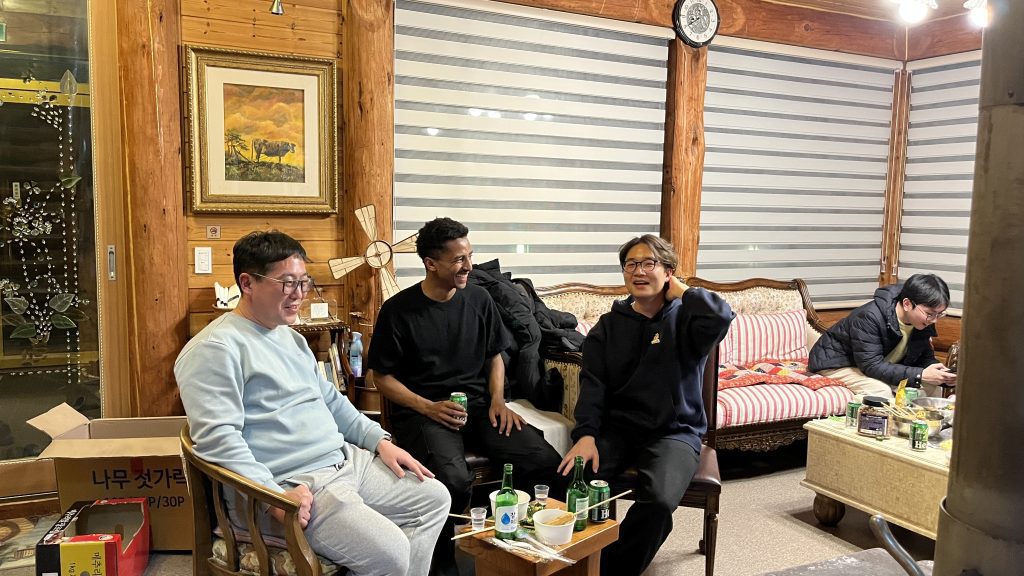
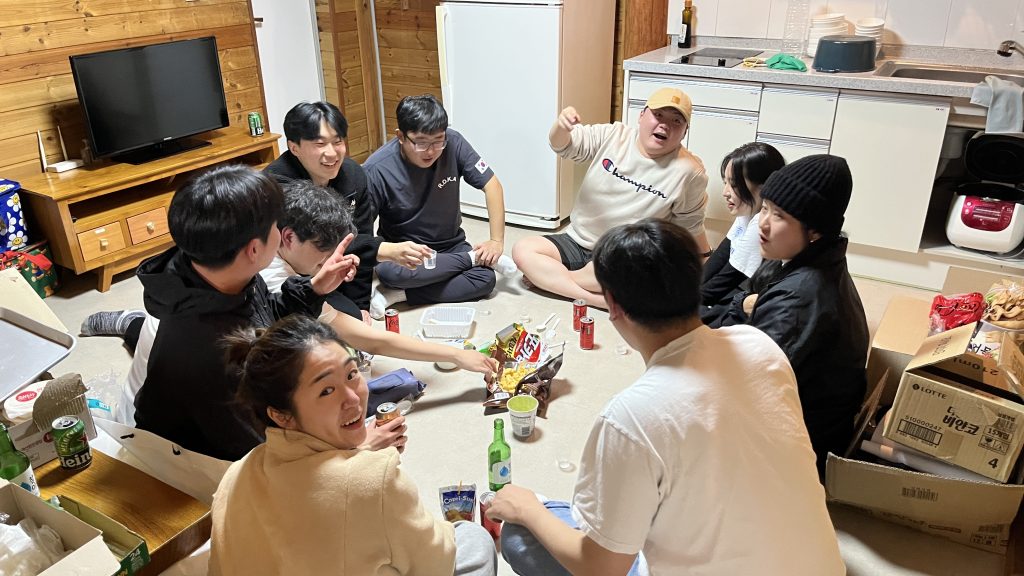
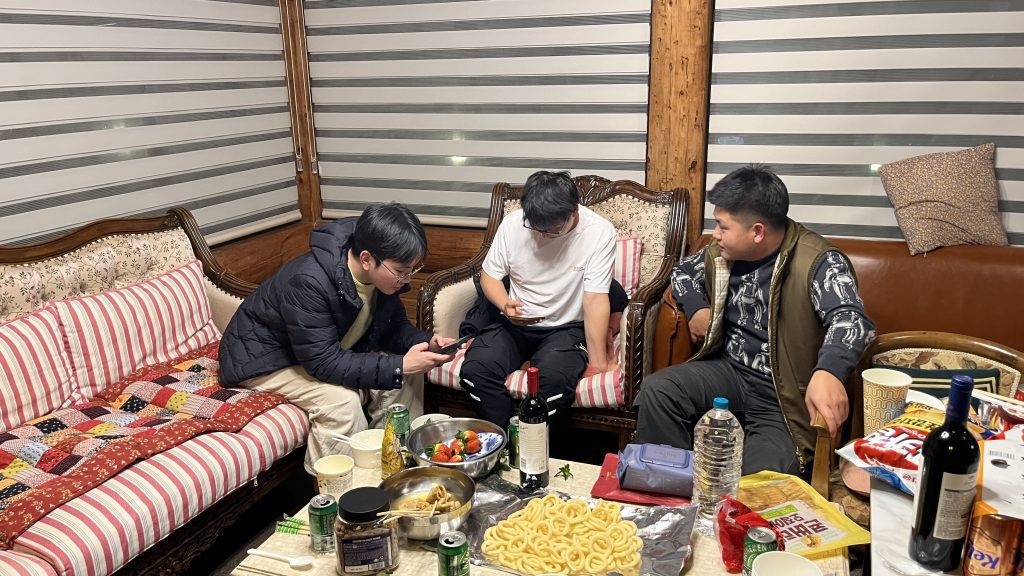
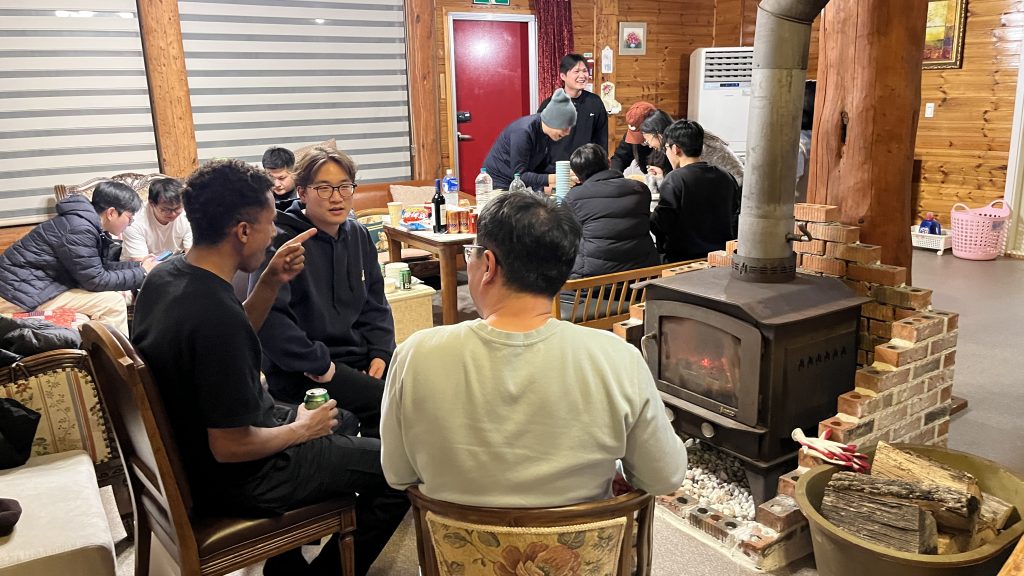
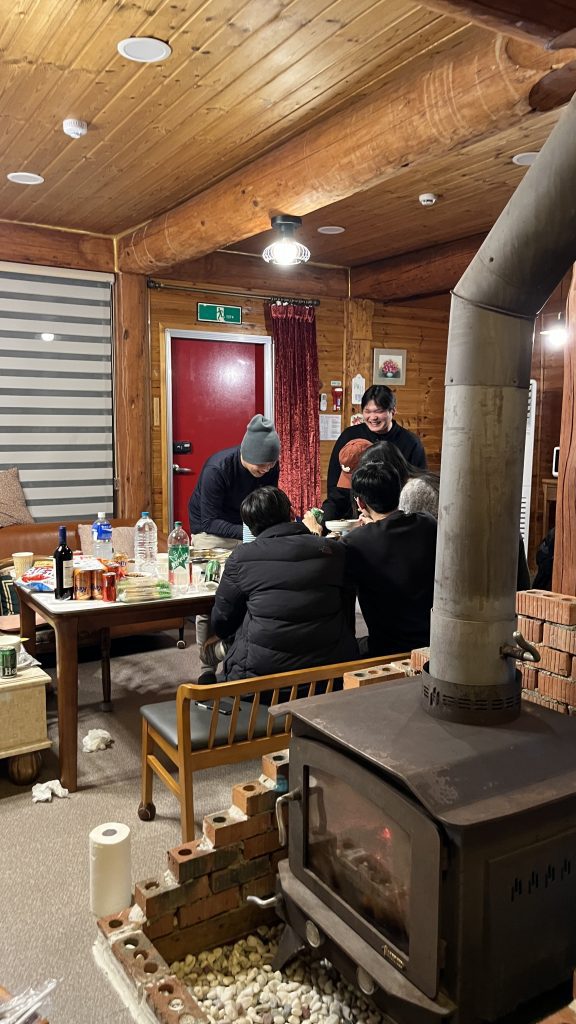
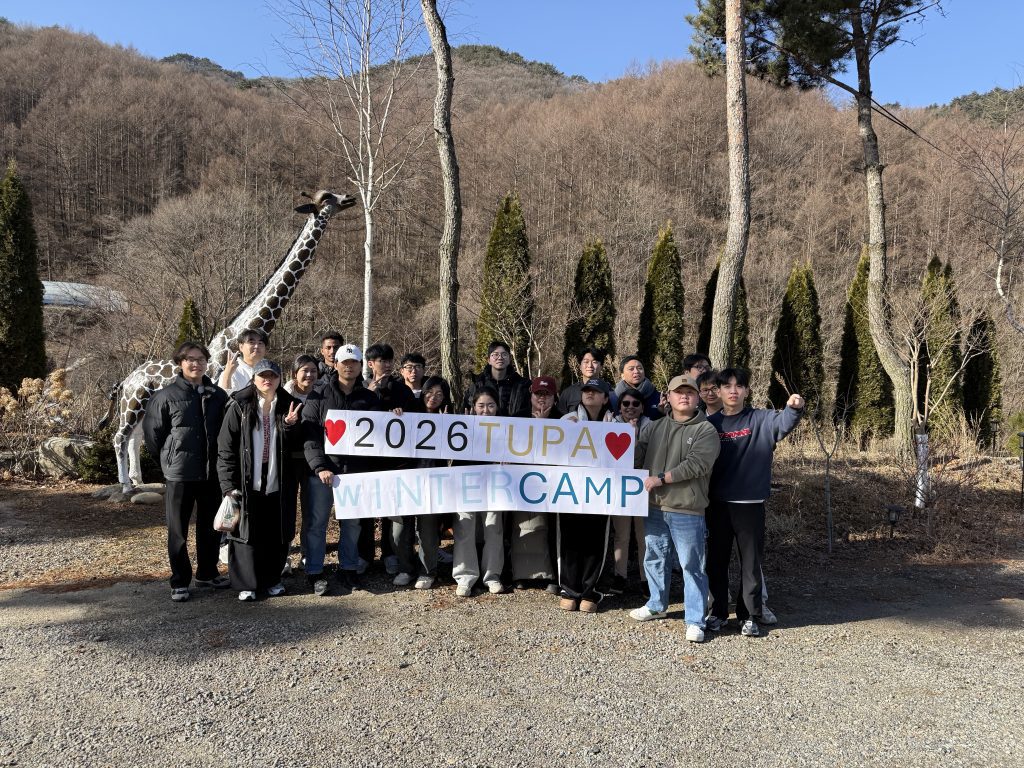
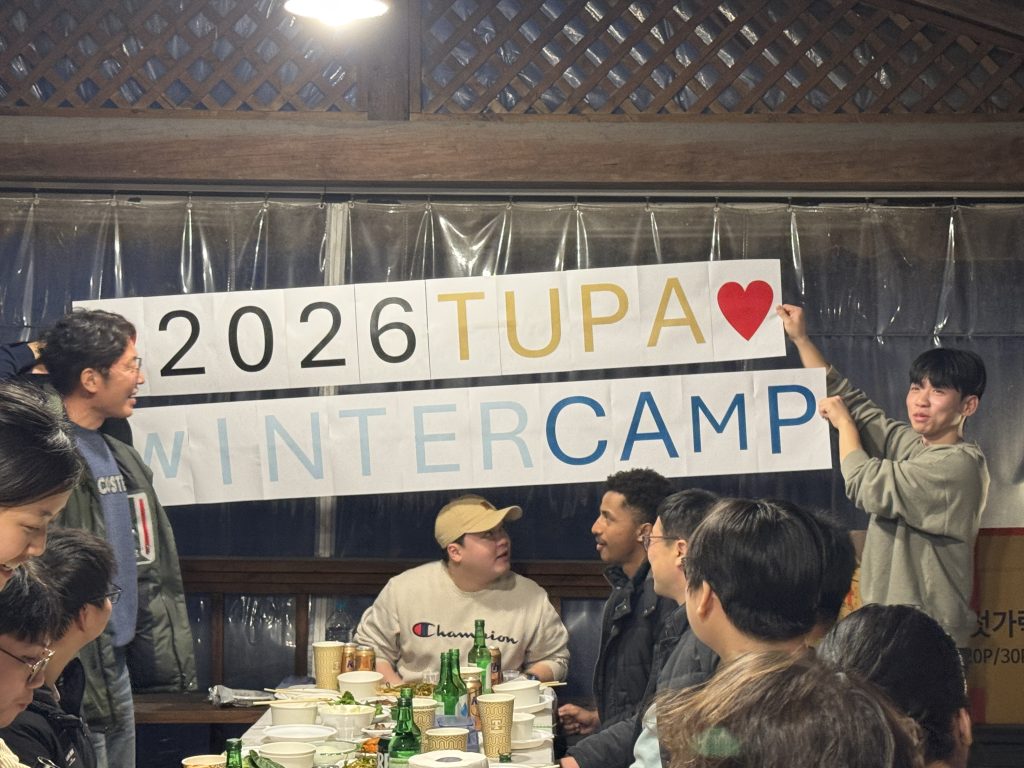
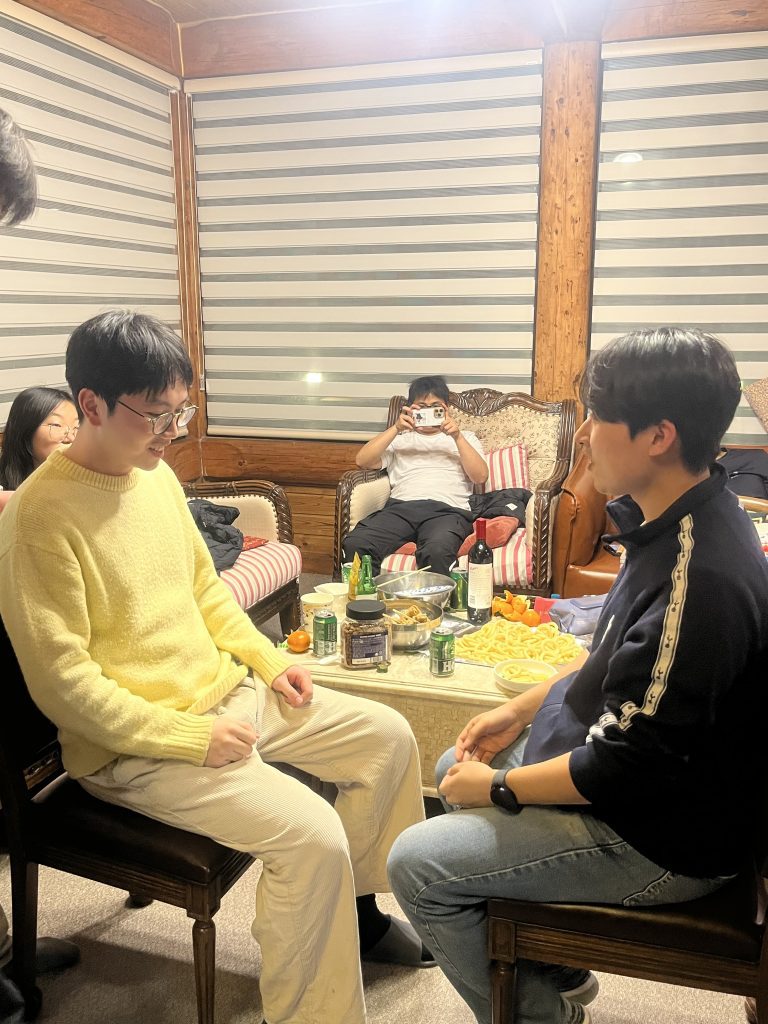
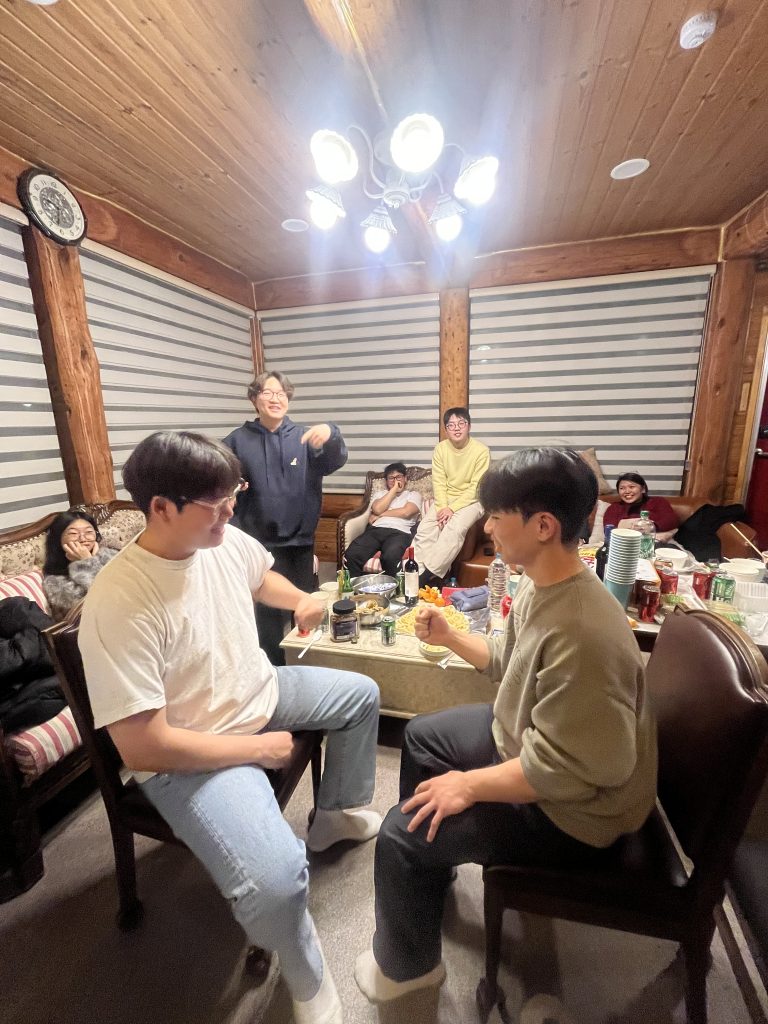
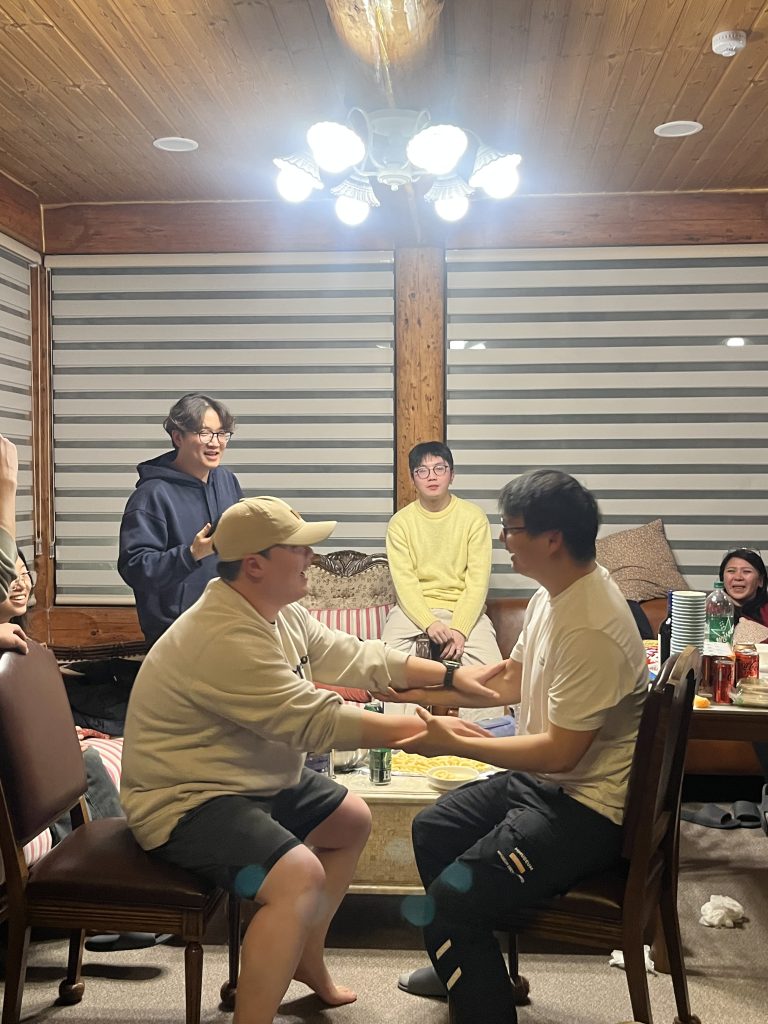
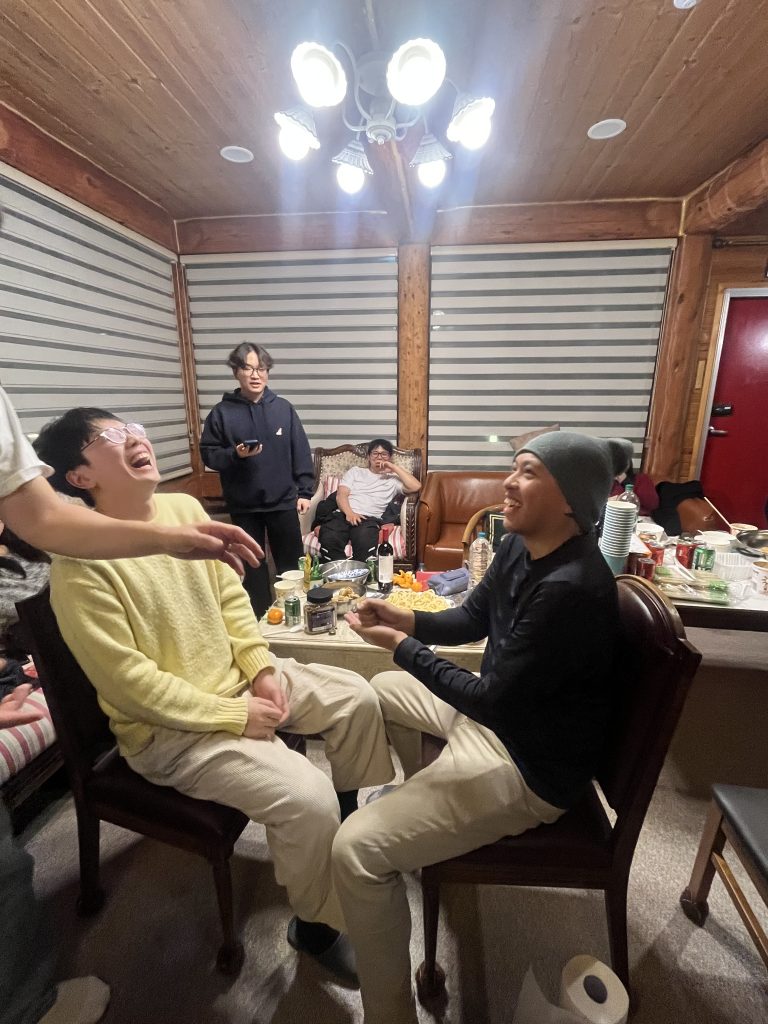
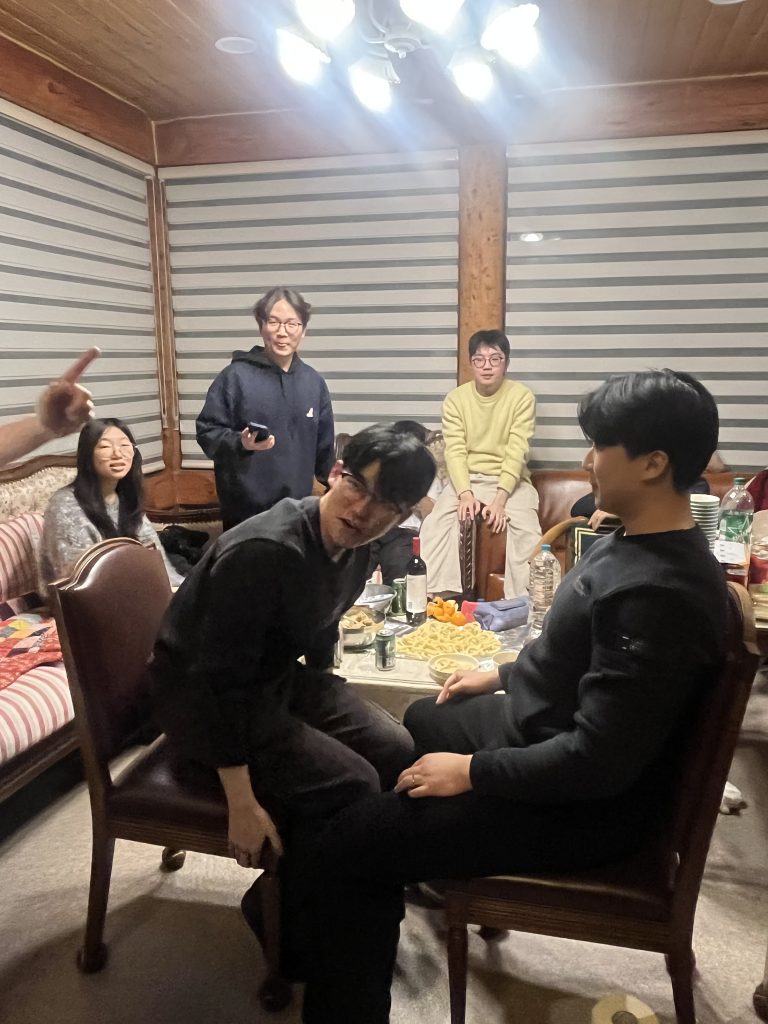
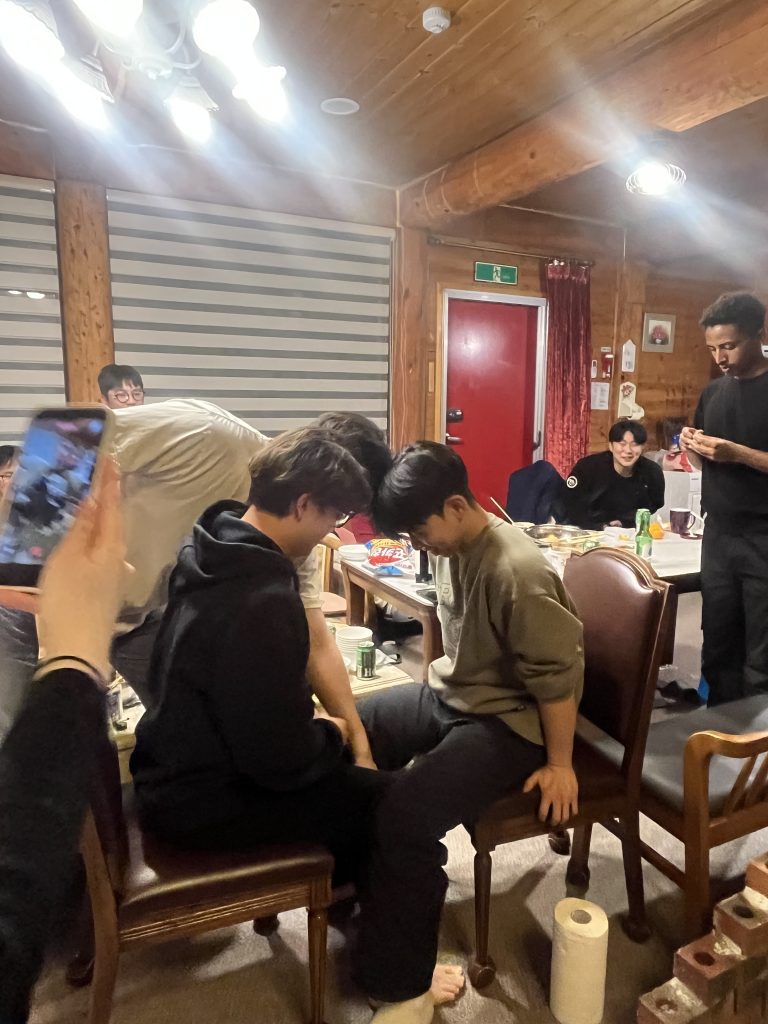
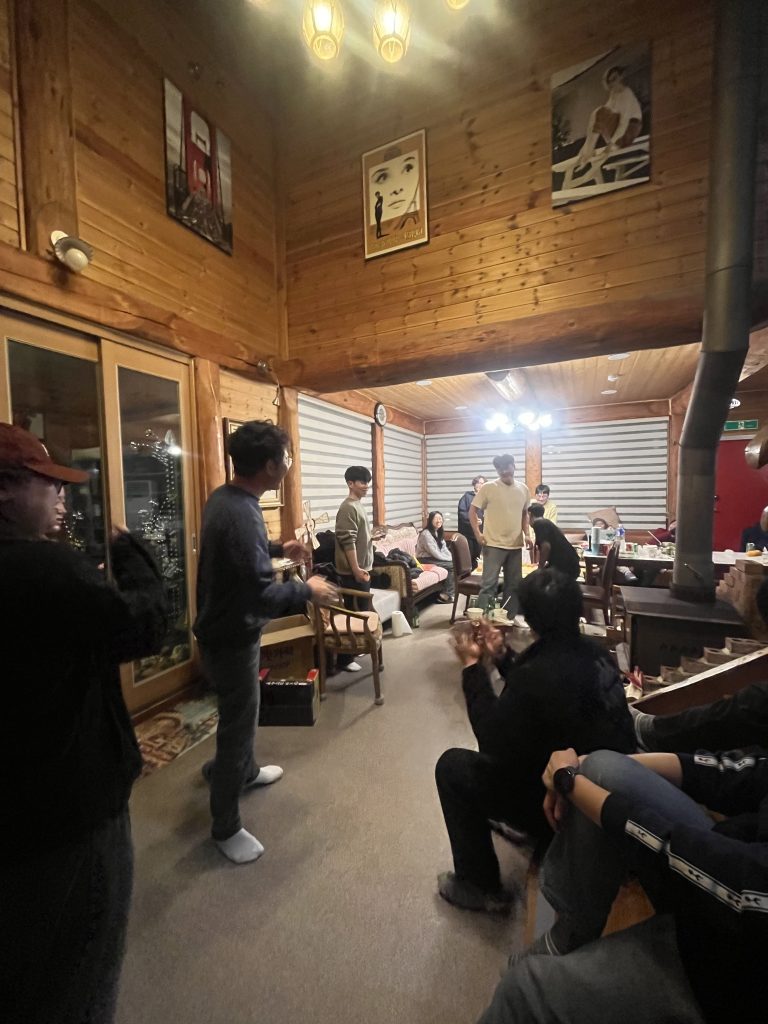
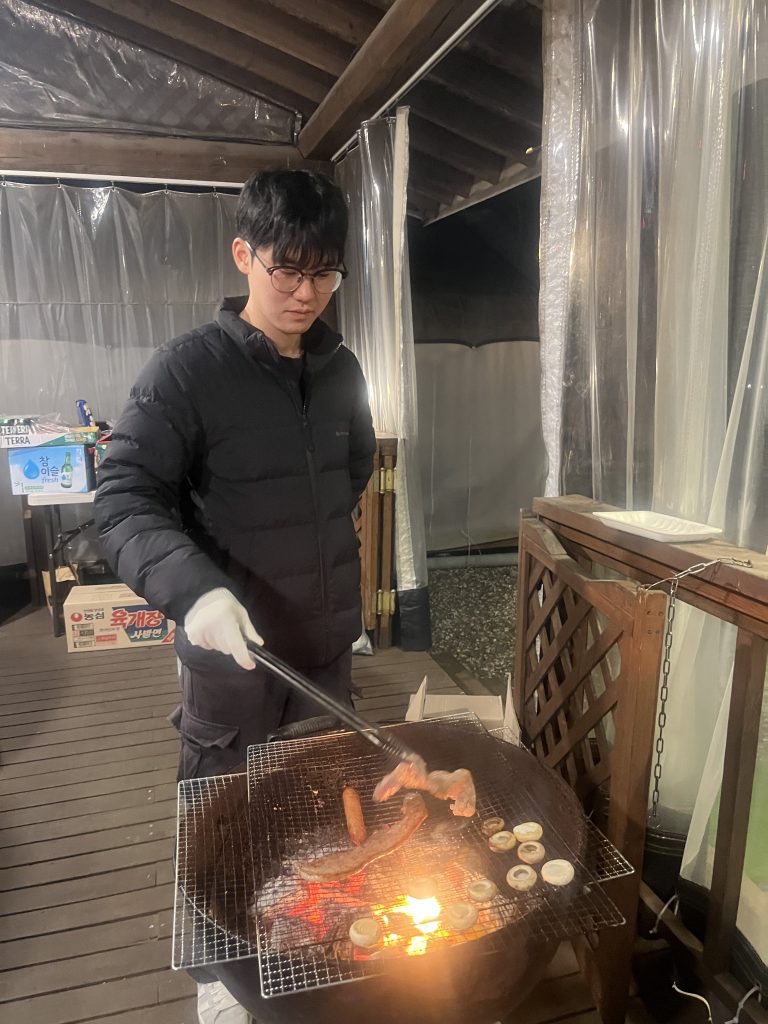
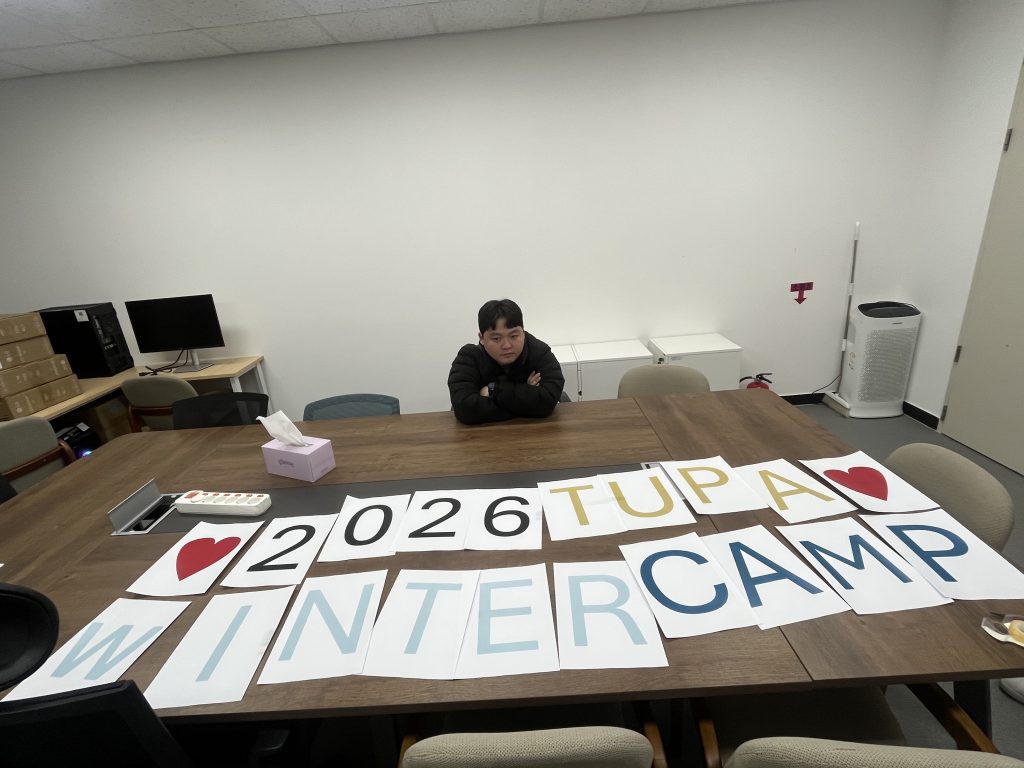
I was absolutely thrilled to hear the wonderful news that Yoonha from TCIS won the Grand Prize (Minister of Land, Infrastructure and Transport Award) at the Land, Infrastructure and Transport Service Idea Model Discovery Competition!
Her project, “Ambulance Transport Automation AI Agent System using MCP and A2A.” is truly impressive to see how she utilized advanced technologies like MCP and Agent-to-Agent protocols to tackle the critical social issue of emergency room delays (the “ER spinning” problem). Her approach to automating coordination among traffic, hospitals, and insurance agents to secure the “Golden Hour” is not only innovative but also deeply meaningful to our society.
It is very rewarding to see the hard work and research capabilities she demonstrated during her summer internship lead to such prestigious recognition. This award is a testament to your creativity, technical skills, and passion for mobility and transportation engineering.
I am proud to have had Yoonha as an intern in our lab. I look forward to seeing her continued growth and success in the future.
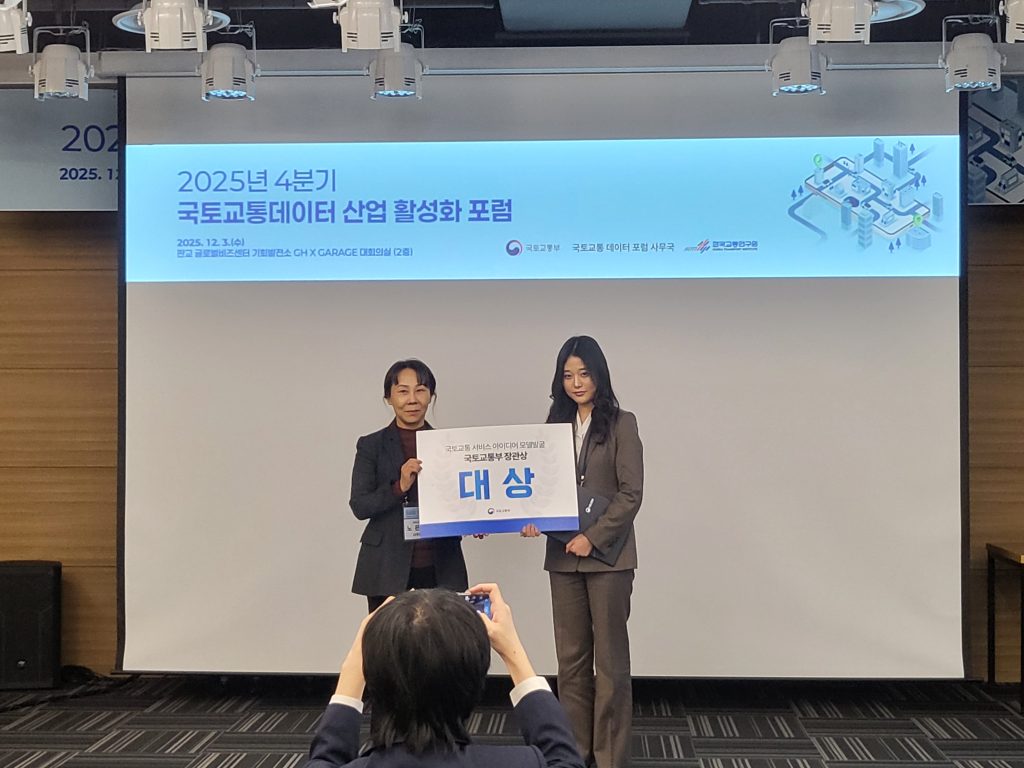
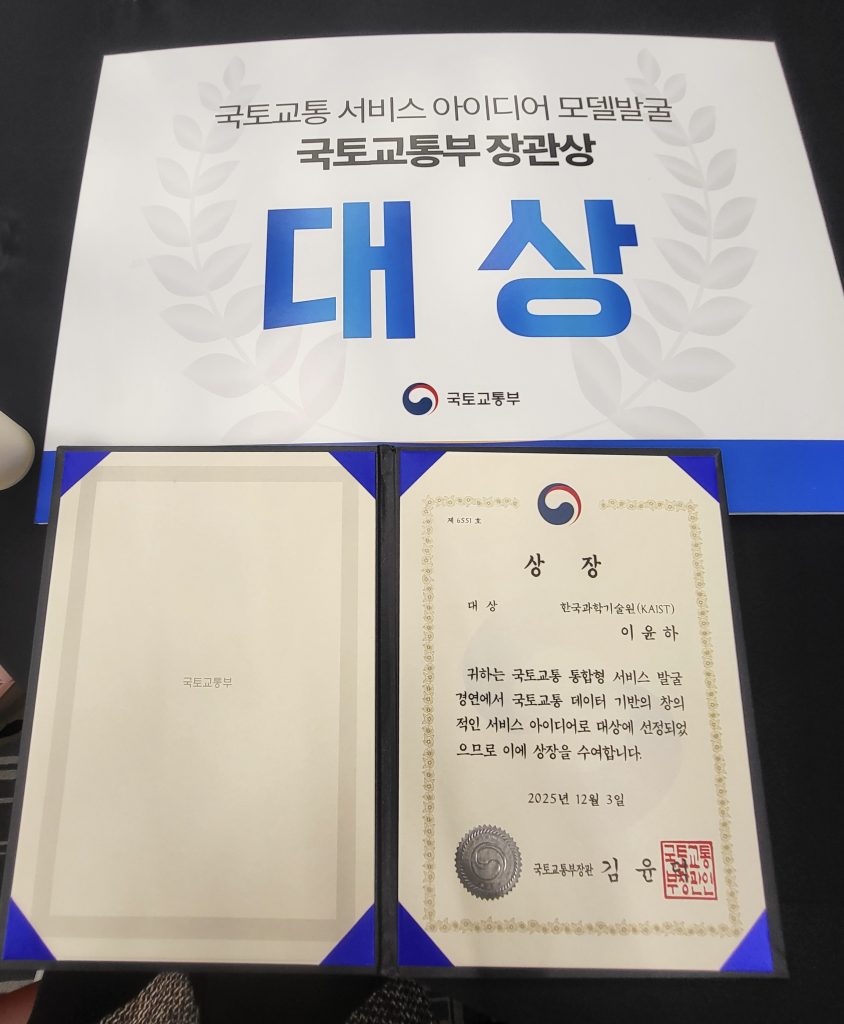
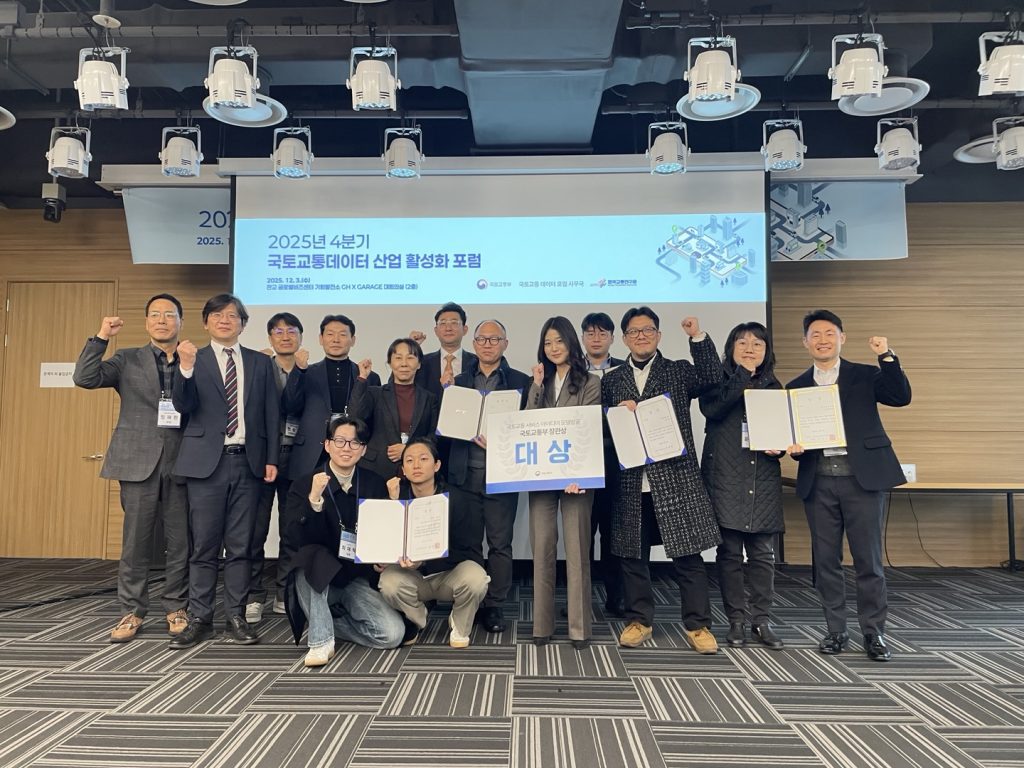
We are delighted to share the wonderful news that our lab member, Junyuk Lee (이준욱), has been awarded the prestigious Master’s Excellence Scholarship (STEM)!
This competitive national scholarship, aimed at fostering highly talented individuals in the Science and Engineering fields, is a direct recognition of Jun-wook’s outstanding academic achievements and dedication.
The scholarship provides substantial financial support: up to 4 semesters, with 2.5 million KRW per semester and 5 million KRW annually. This invaluable support will certainly help Jun-wook focus on his advanced research and academic goals.
Heartfelt congratulations, Junyuk! We are immensely proud of your accomplishment and excited to support your continued success
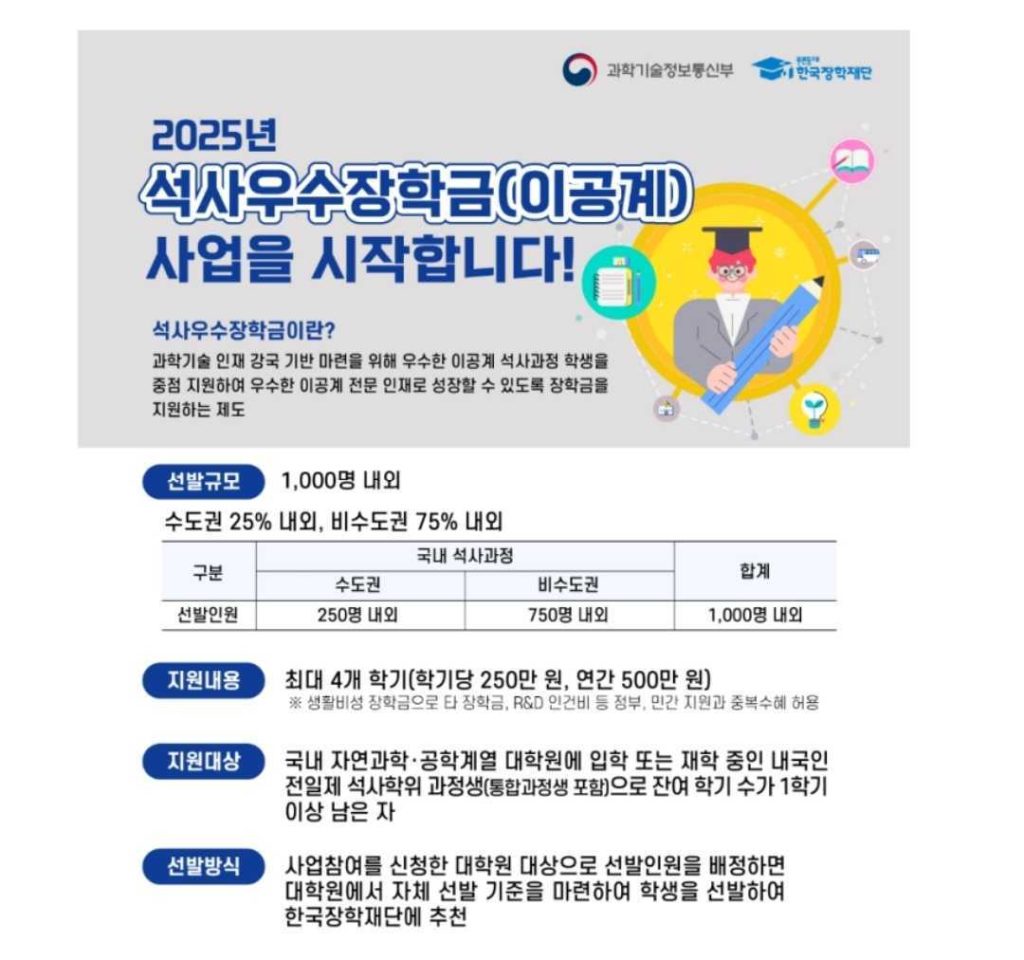
Kaihan, Successful Participation in AOTULE Conference 2025!
We extend our sincere congratulations to Kaihan, a proud member of our lab, for his successful selection and attendance at the AOTULE Conference 2025 student program held at Tsinghua University in Beijing, China!
We trust that during the busy five-day journey (October 12th to 16th, 2025), Kaihan had a valuable time exchanging with diverse international students under the main theme of ‘Interdisciplinary Education & Practice for Sustainability.’
Everyone in the lab is proud of Kaihan for shining on the international stage, representing our research group, and especially for gaining invaluable experience and knowledge in crucial areas like Clean Energy Innovation, Sustainable Materials Design, and Smart Cities.
Once again, we welcome you back after your long and successful journey and look forward to hearing your vivid after-action report from the Beijing Conference soon!
Thank you for your hard work, and welcome back!

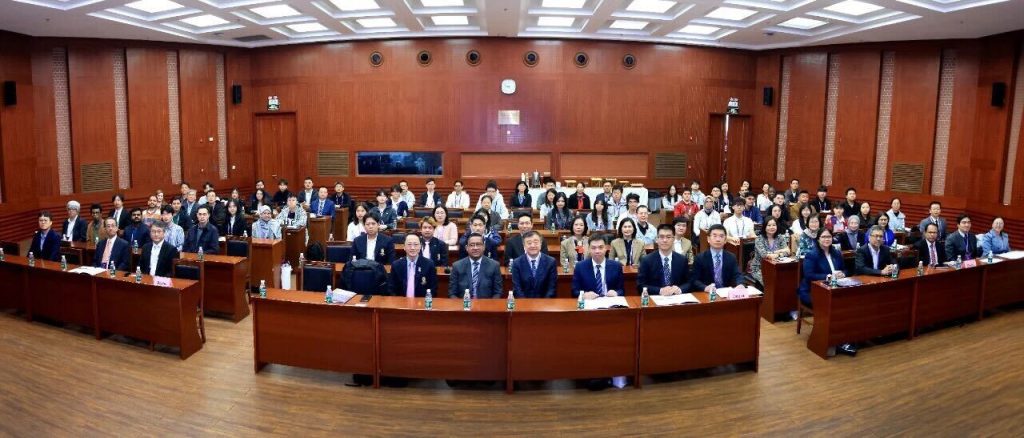

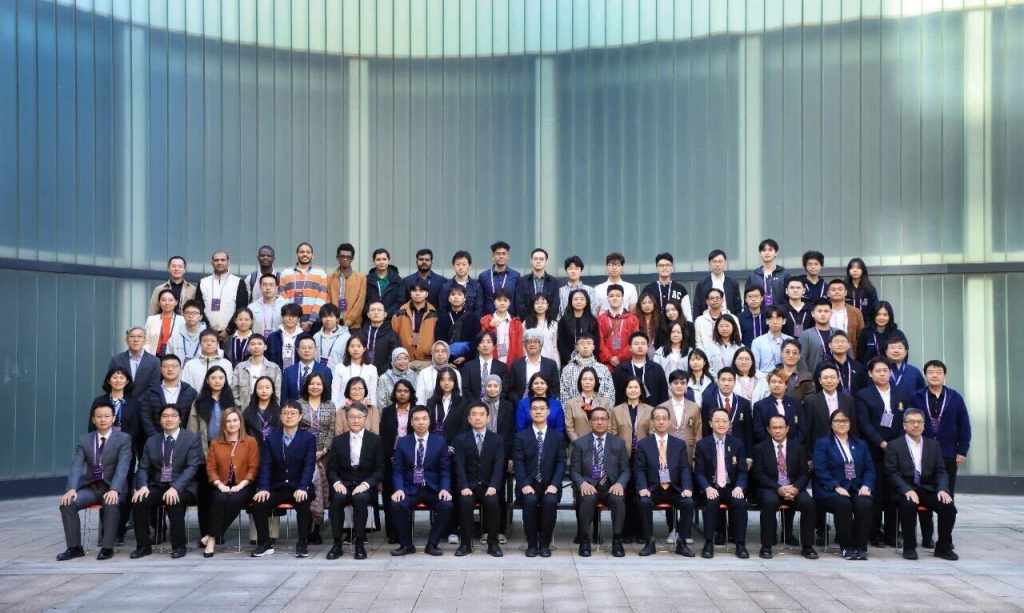
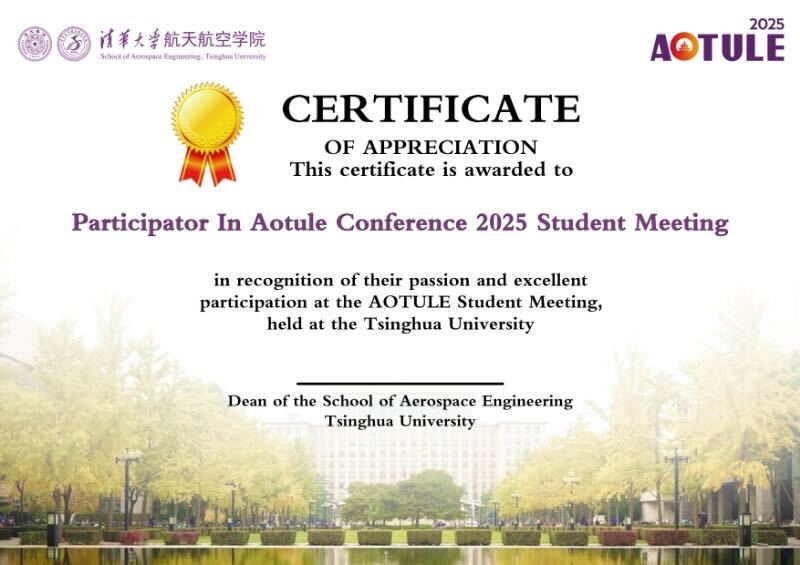
We are thrilled to announce that Jaehyuk Lim, a dedicated member of our research lab, has been awarded the prestigious Park Chang-ho Scholarship from Seoul National University’s Department of Civil and Environmental Engineering. This scholarship recognizes Jaehyuk’s outstanding academic achievements, commitment to excellence, and potential to contribute significantly to the field of civil engineering.
Jaehyuk’s hard work, innovative thinking, and passion for advancing construction and environmental engineering have truly shone through, making this honor well-deserved. We are incredibly proud of his accomplishment and look forward to seeing his continued success in shaping the future of our field.
Please join us in extending heartfelt congratulations to Jaehyuk for this remarkable achievement!


We are delighted to congratulate Chang-Hee Kim, an undergraduate researcher in our lab, on being selected as the Best Student of the inaugural Undergraduate Internship Program held jointly by KAIST and PTV Group.
As a result of this outstanding achievement, Chang-Hee was invited by PTV Group to attend the User Group Meeting in Singapore, where he gained invaluable exposure.
In this critical period where close communication between academia and industry is highly essential, we sincerely celebrate this excellent opportunity and the rich experience he gained. Chang-Hee’s success is a proud moment for our research group.
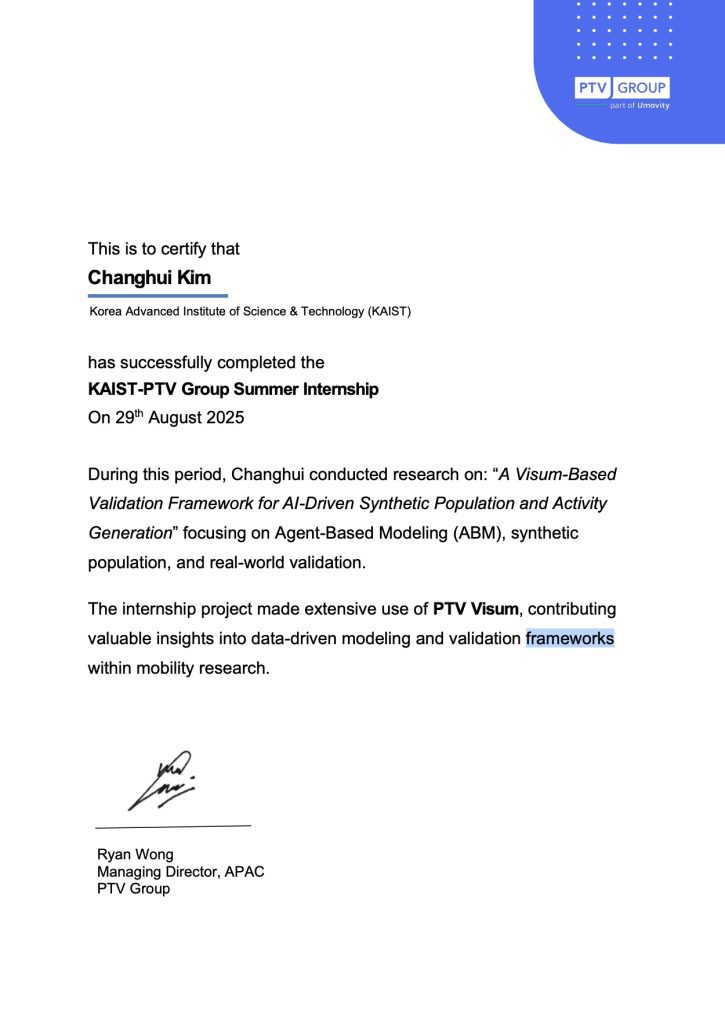
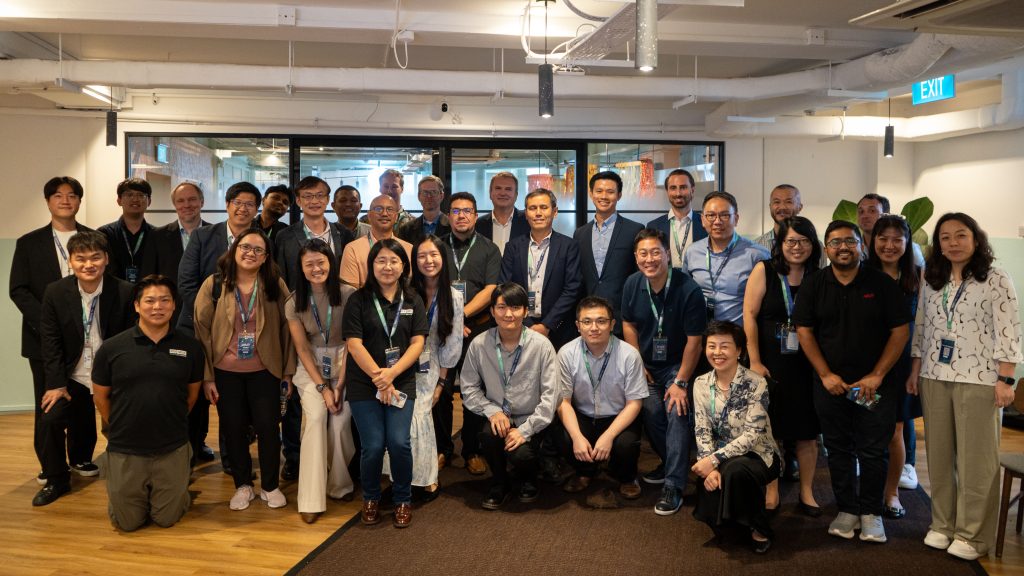
We are thrilled to announce that Chung-kyo Hong , a student from KORAIL in our laboratory, has been honored as the top student for the Spring 2025 semester! In recognition of this remarkable achievement, Hong was awarded the Outstanding Student Award at the Fall 2025 semester opening ceremony.
This accolade reflects Hong’s dedication, hard work, and exceptional academic performance. We are incredibly proud of your accomplishment and look forward to your continued success in the future.
Congratulations once again, Chung-kyo Hong, for this well-deserved honor!
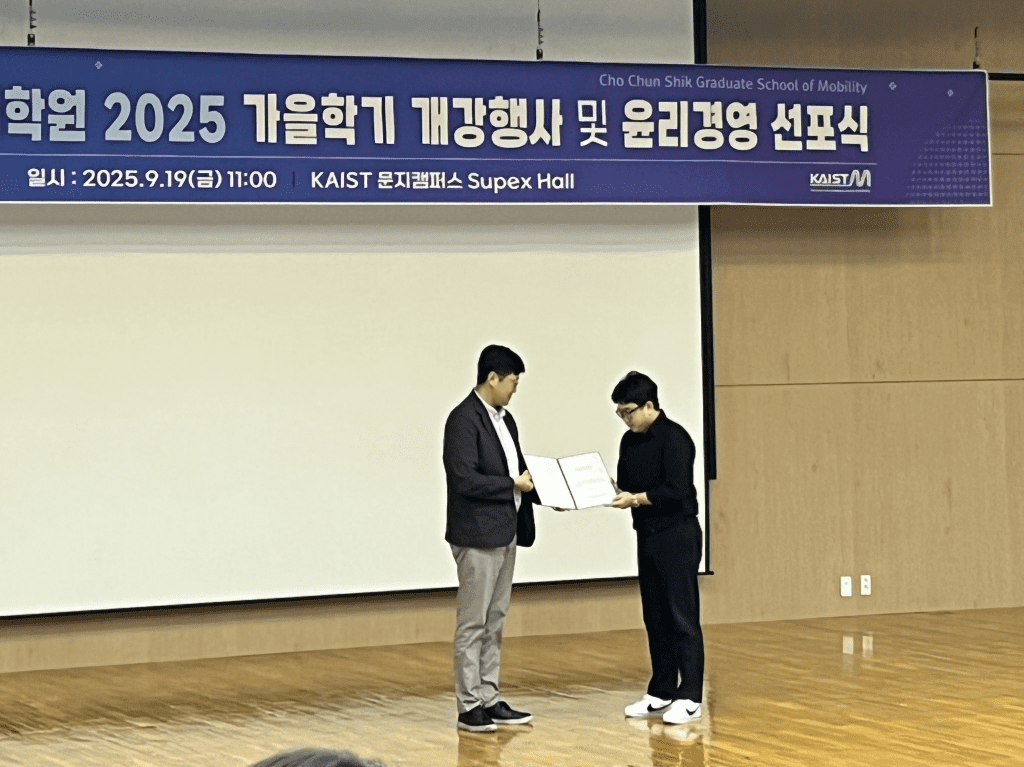
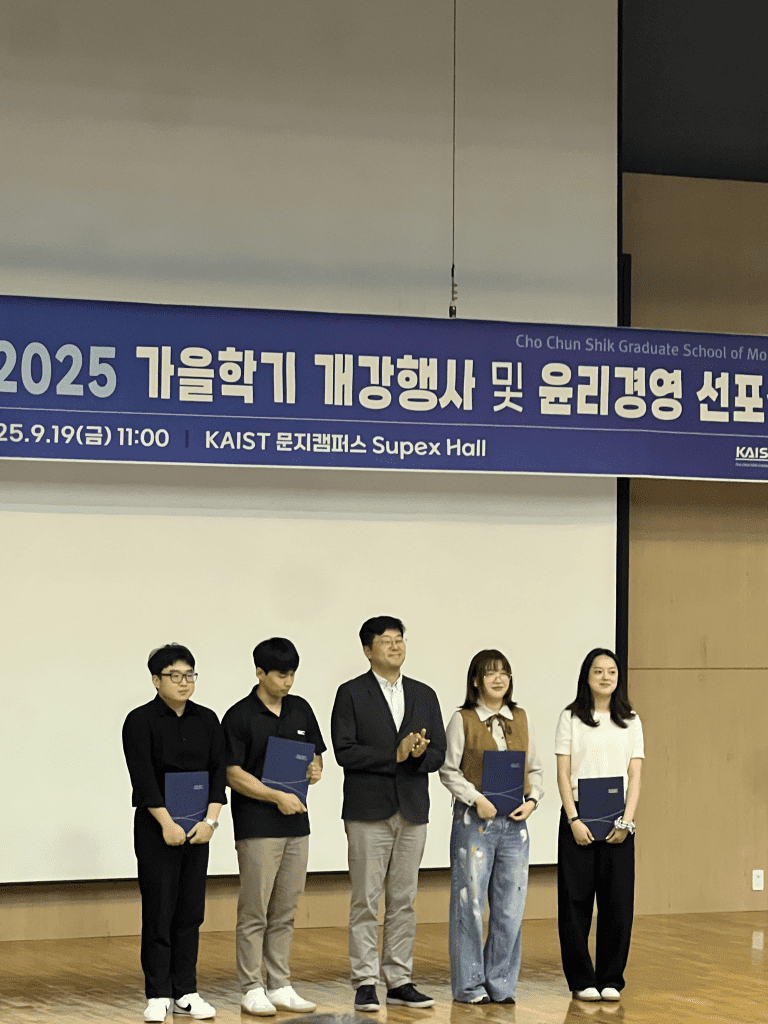
© 2026 TUPA. All rights reserved.